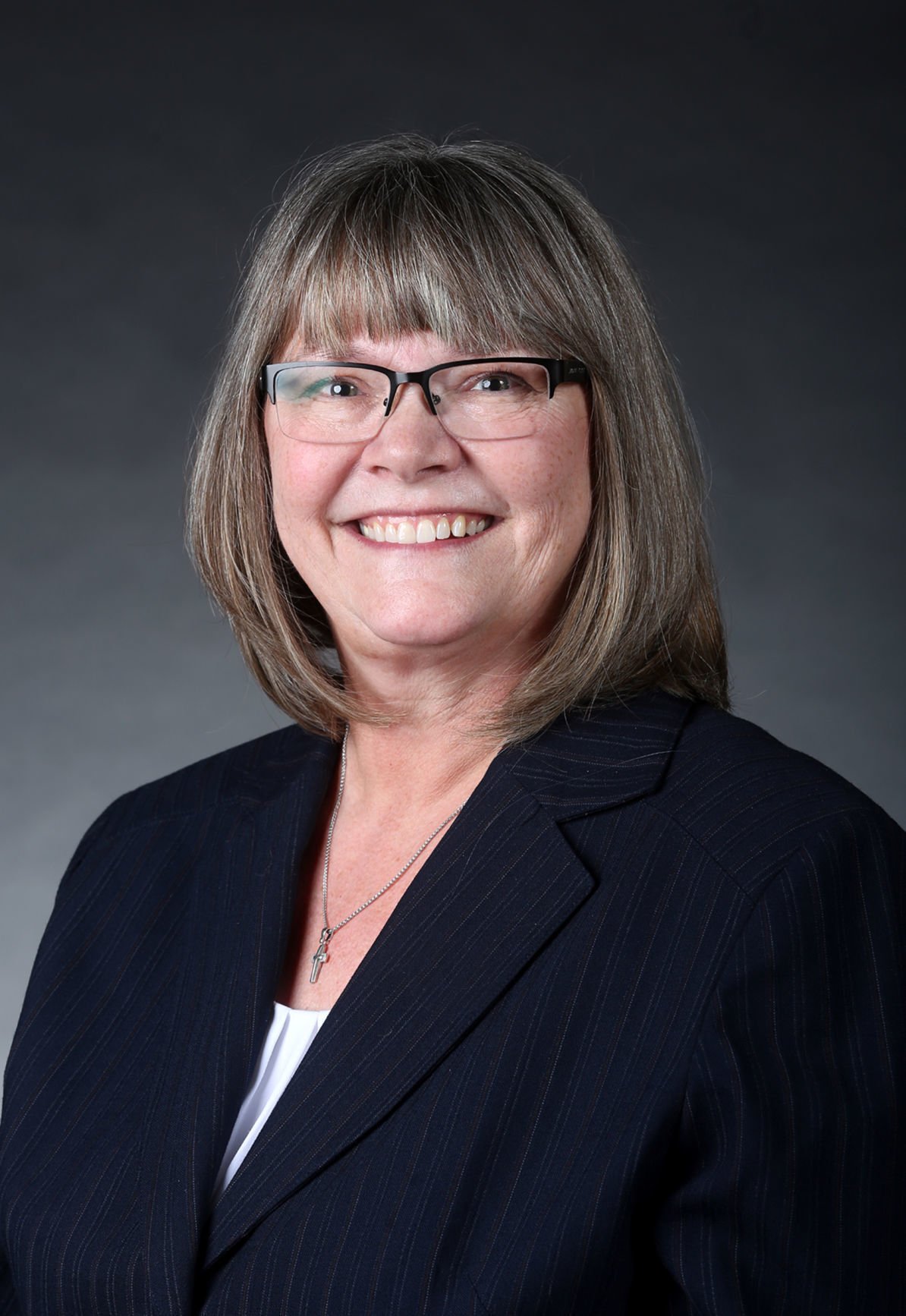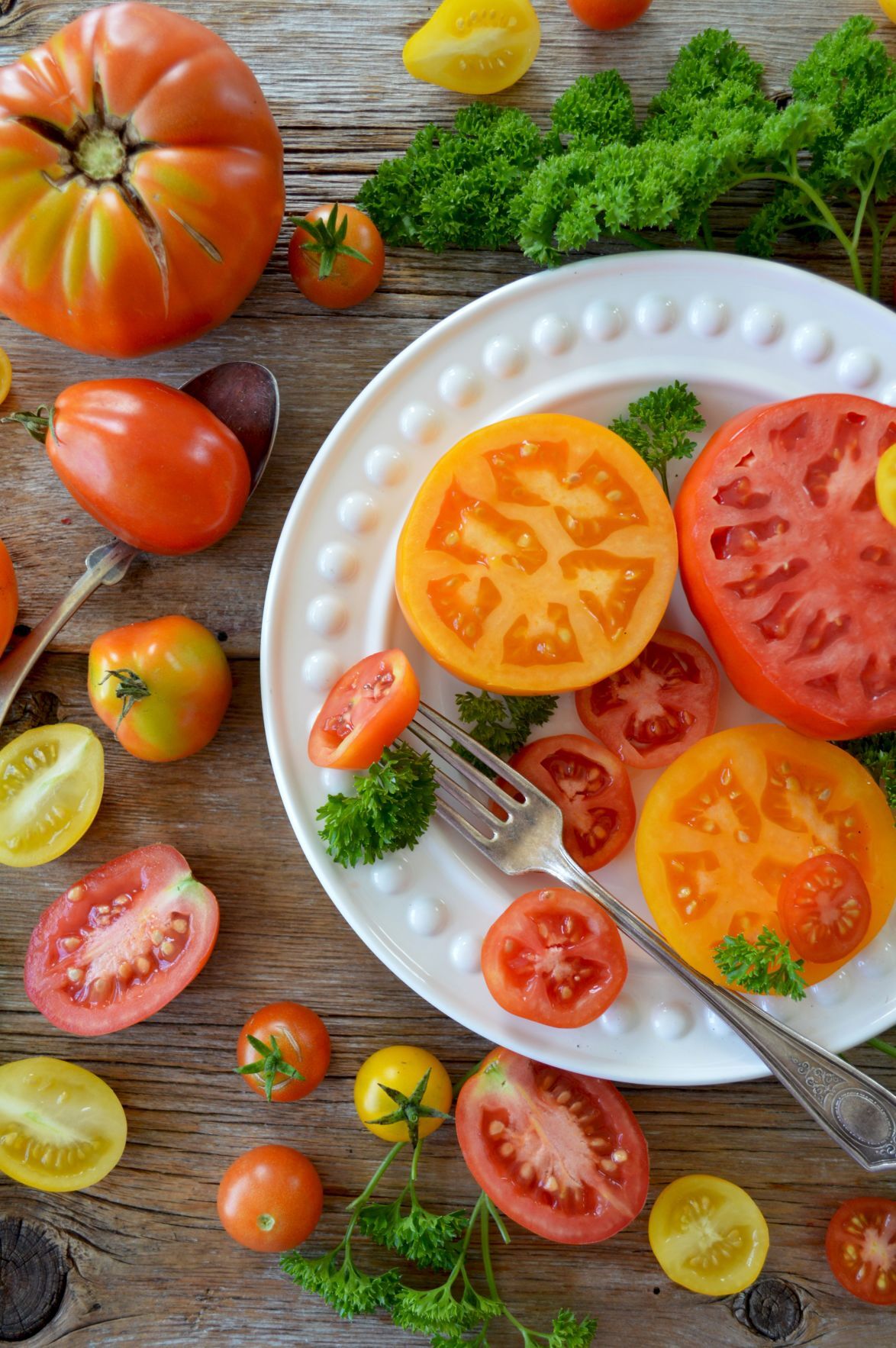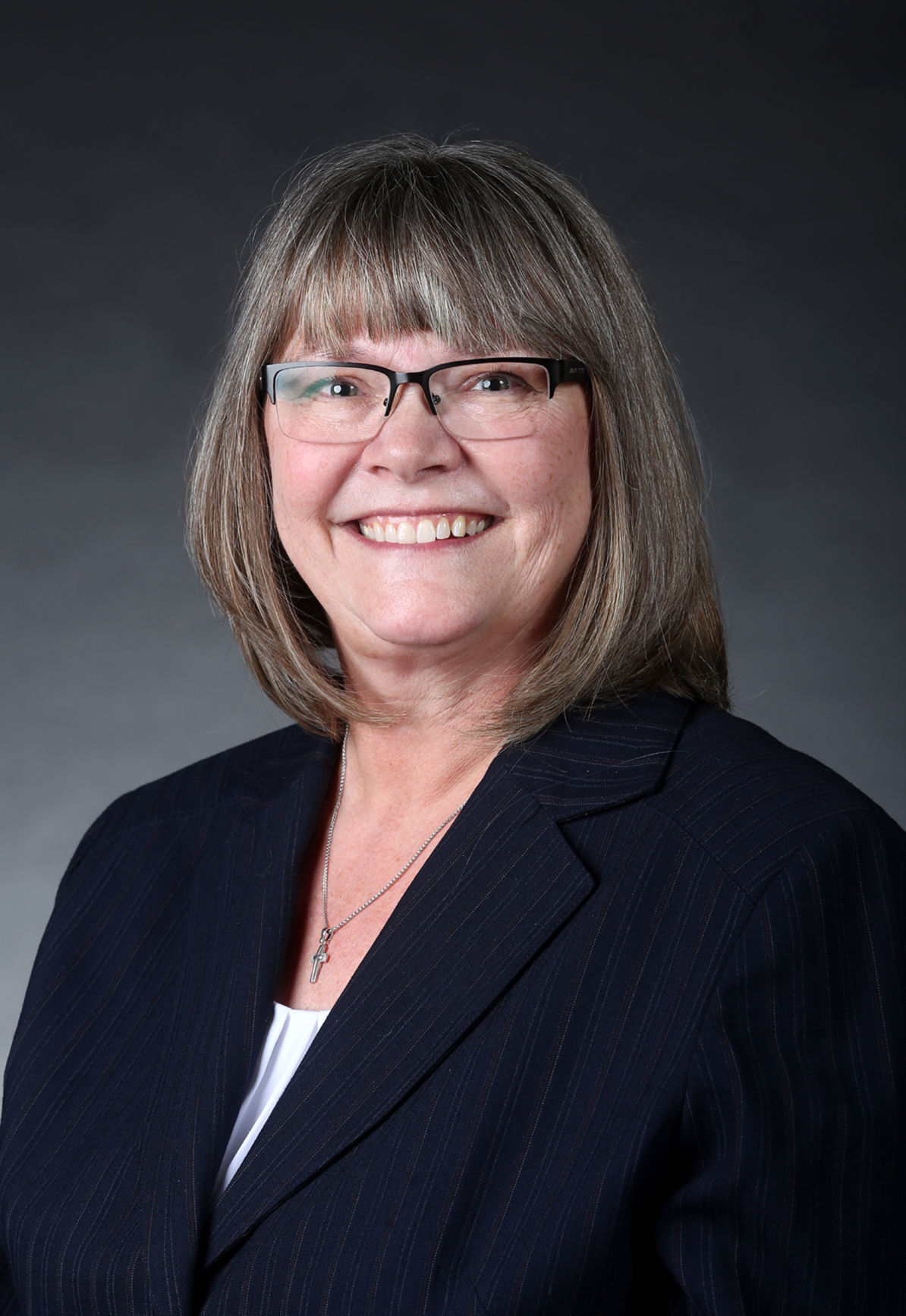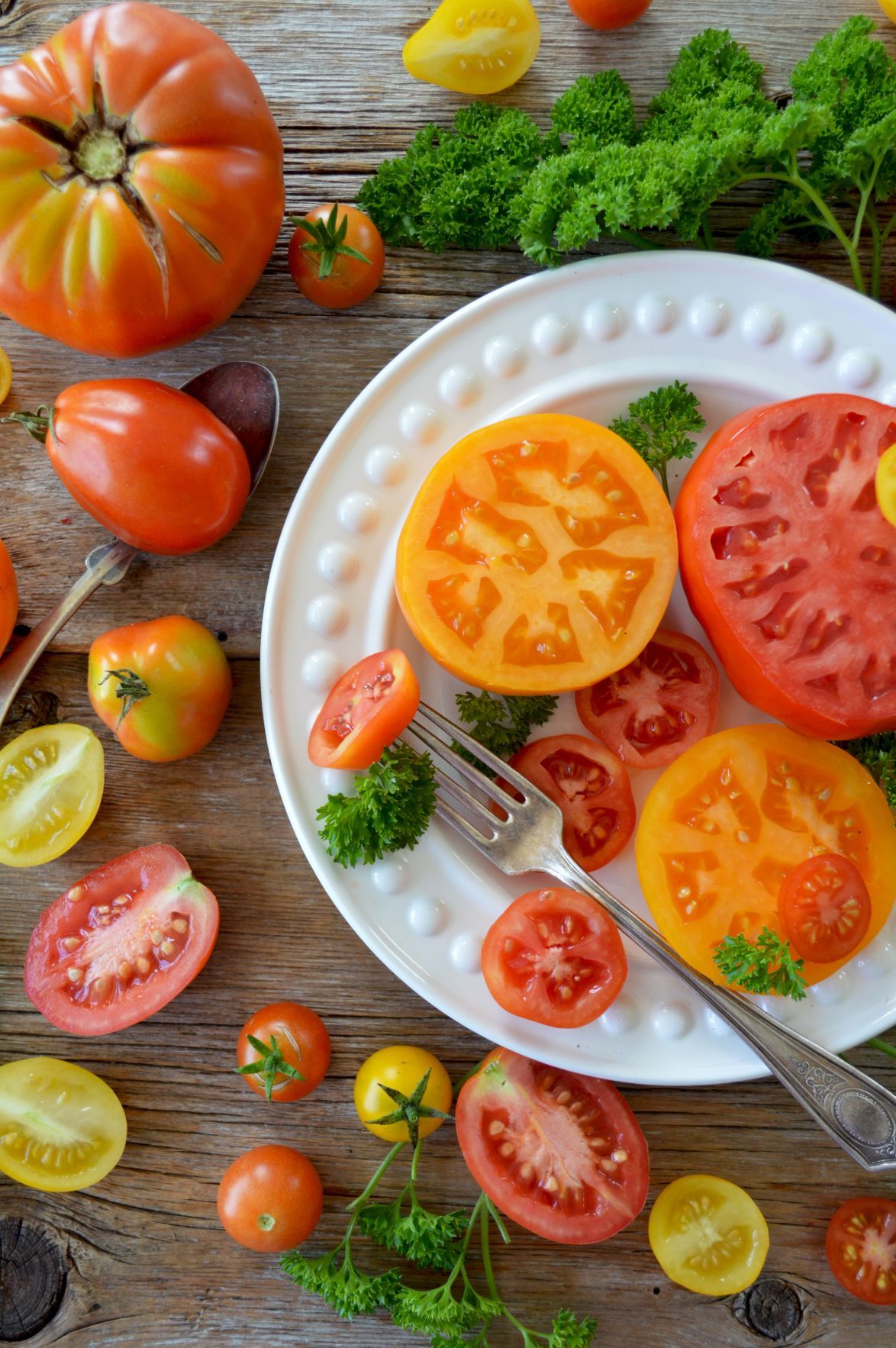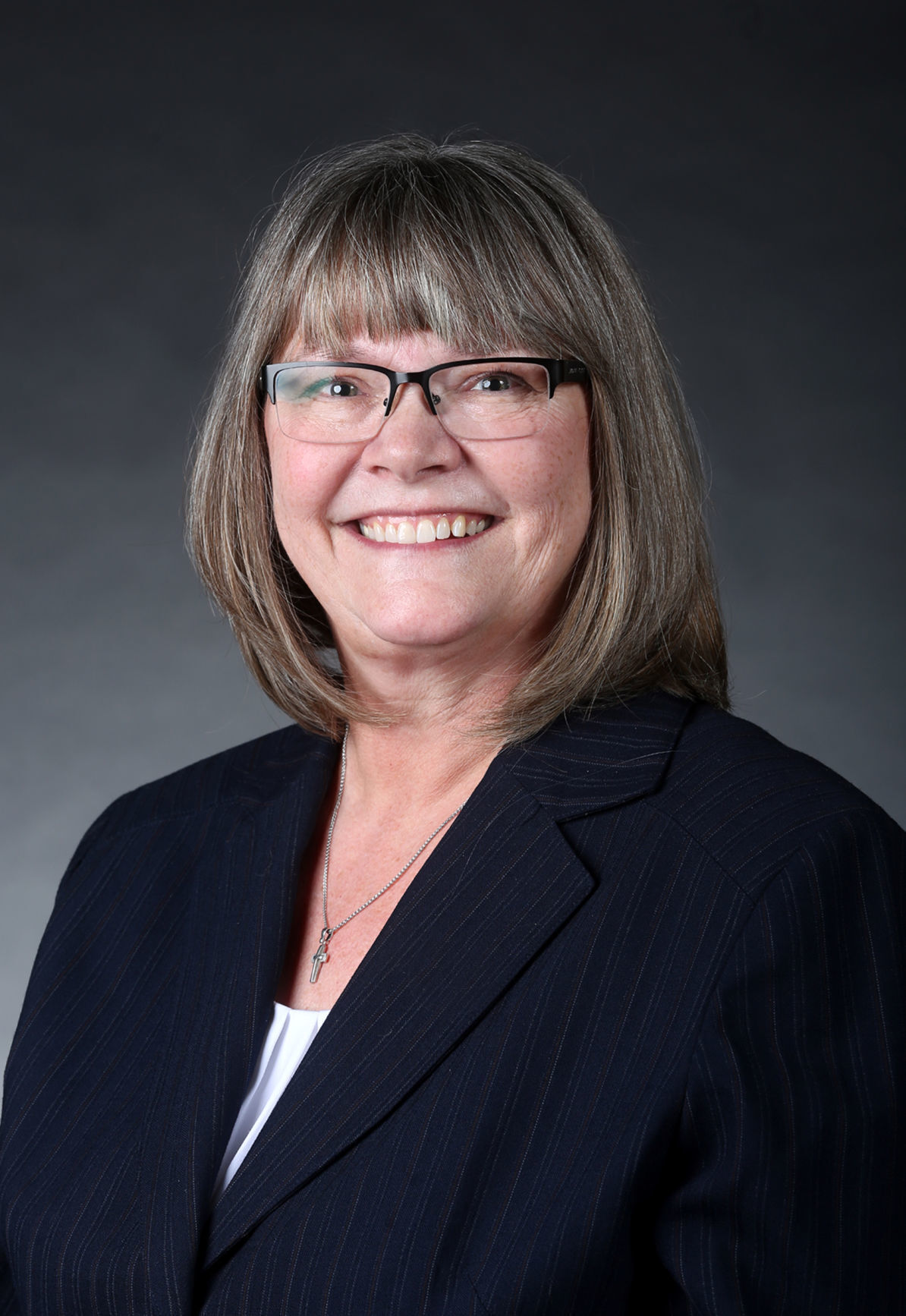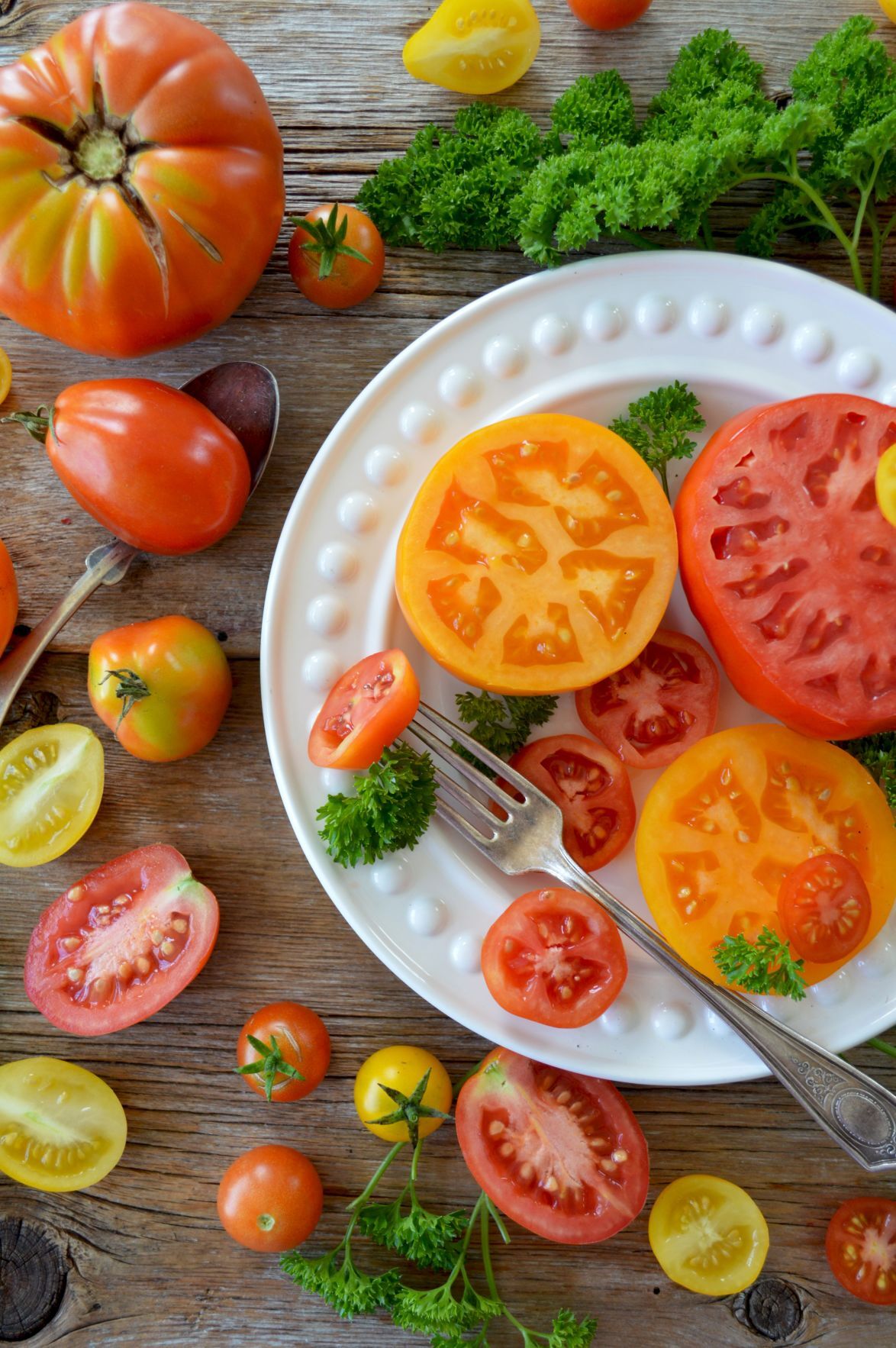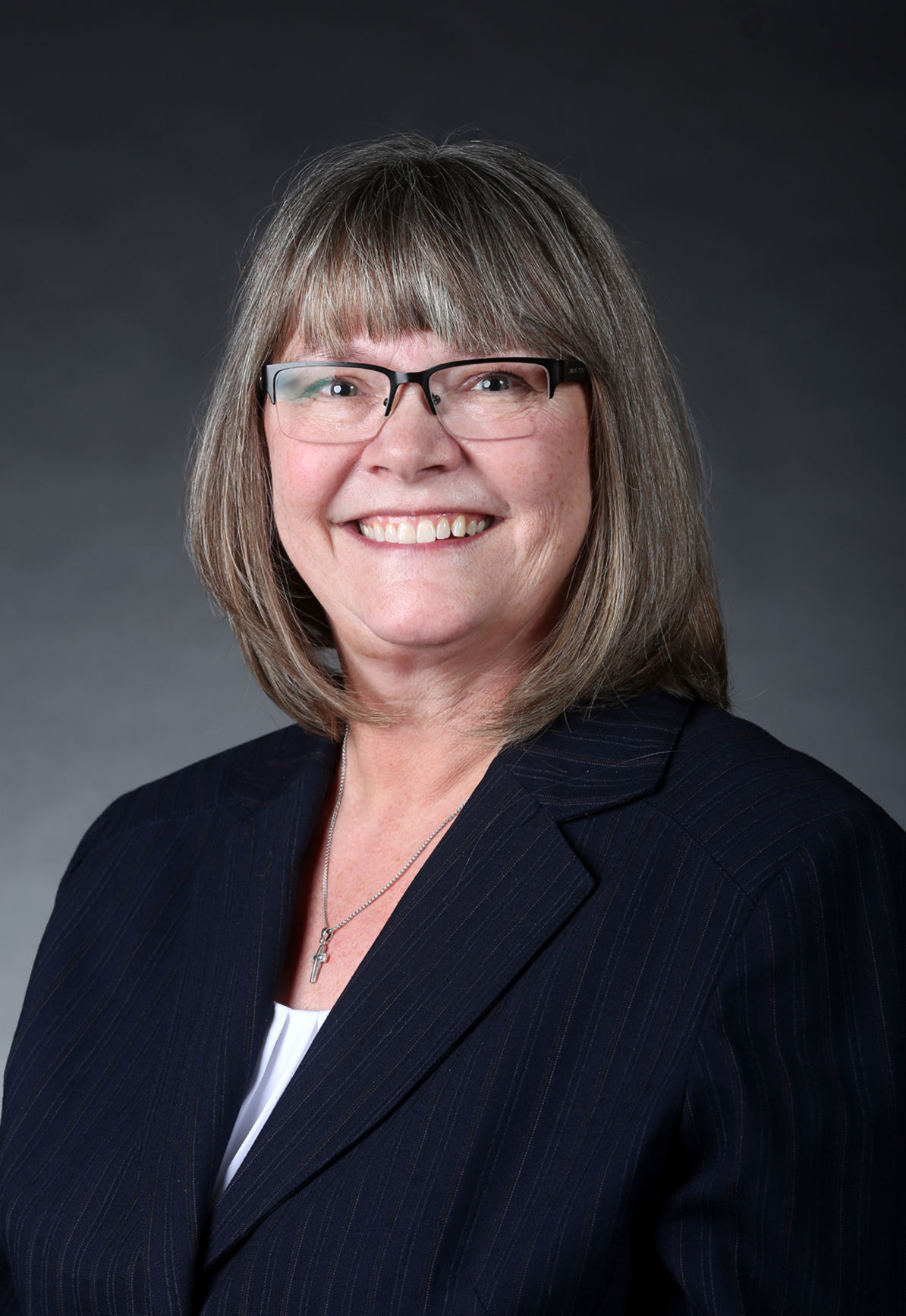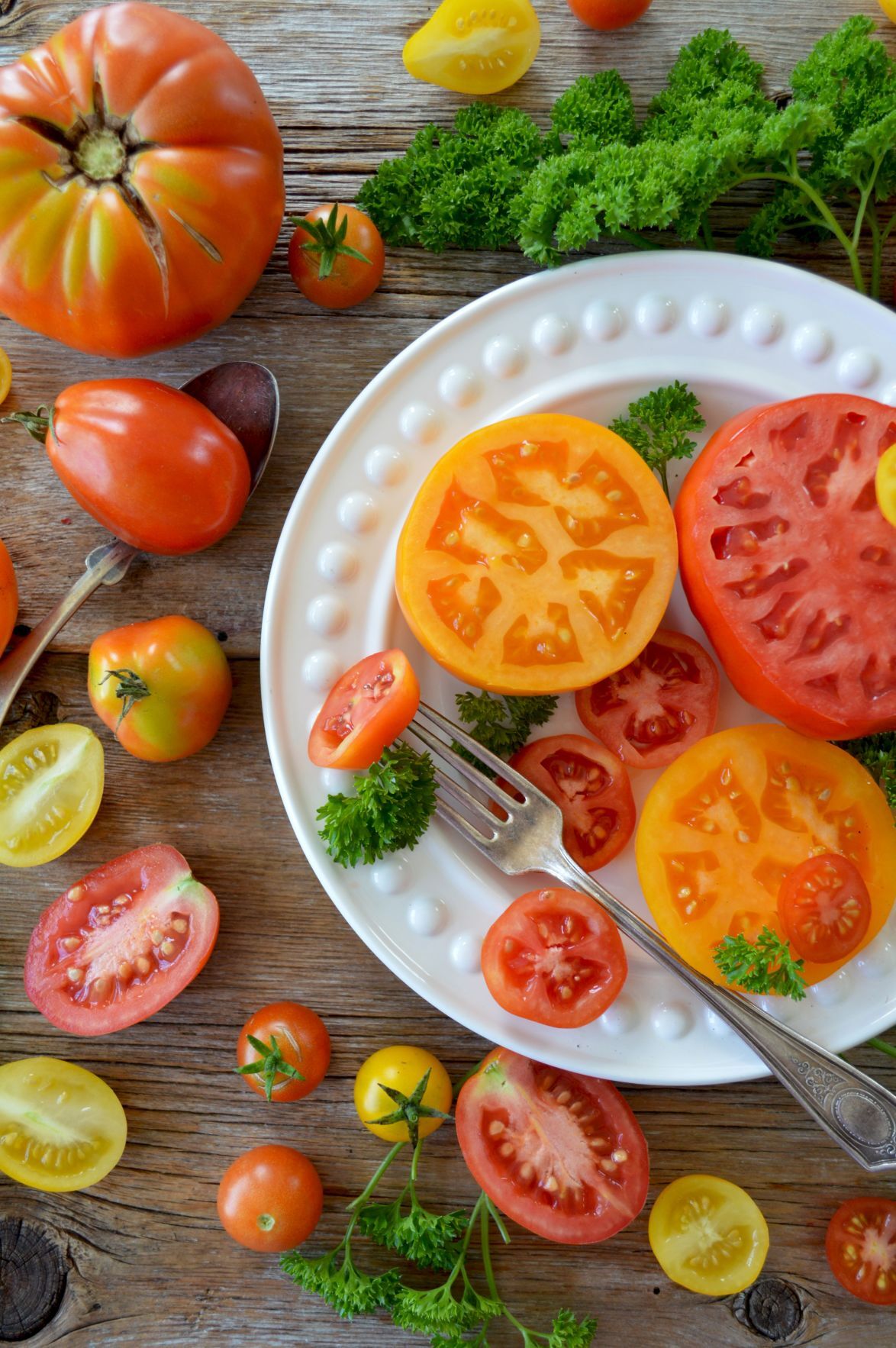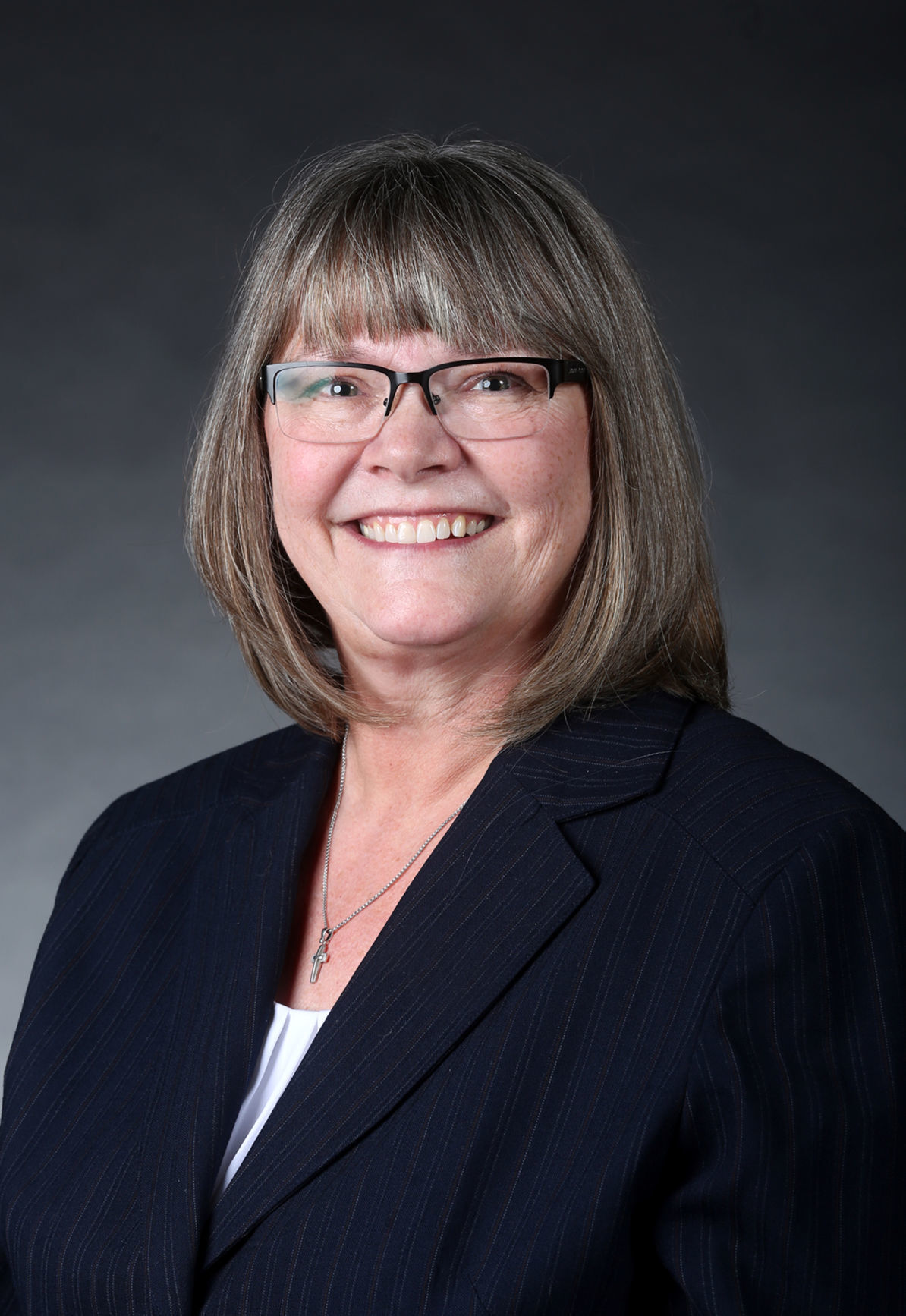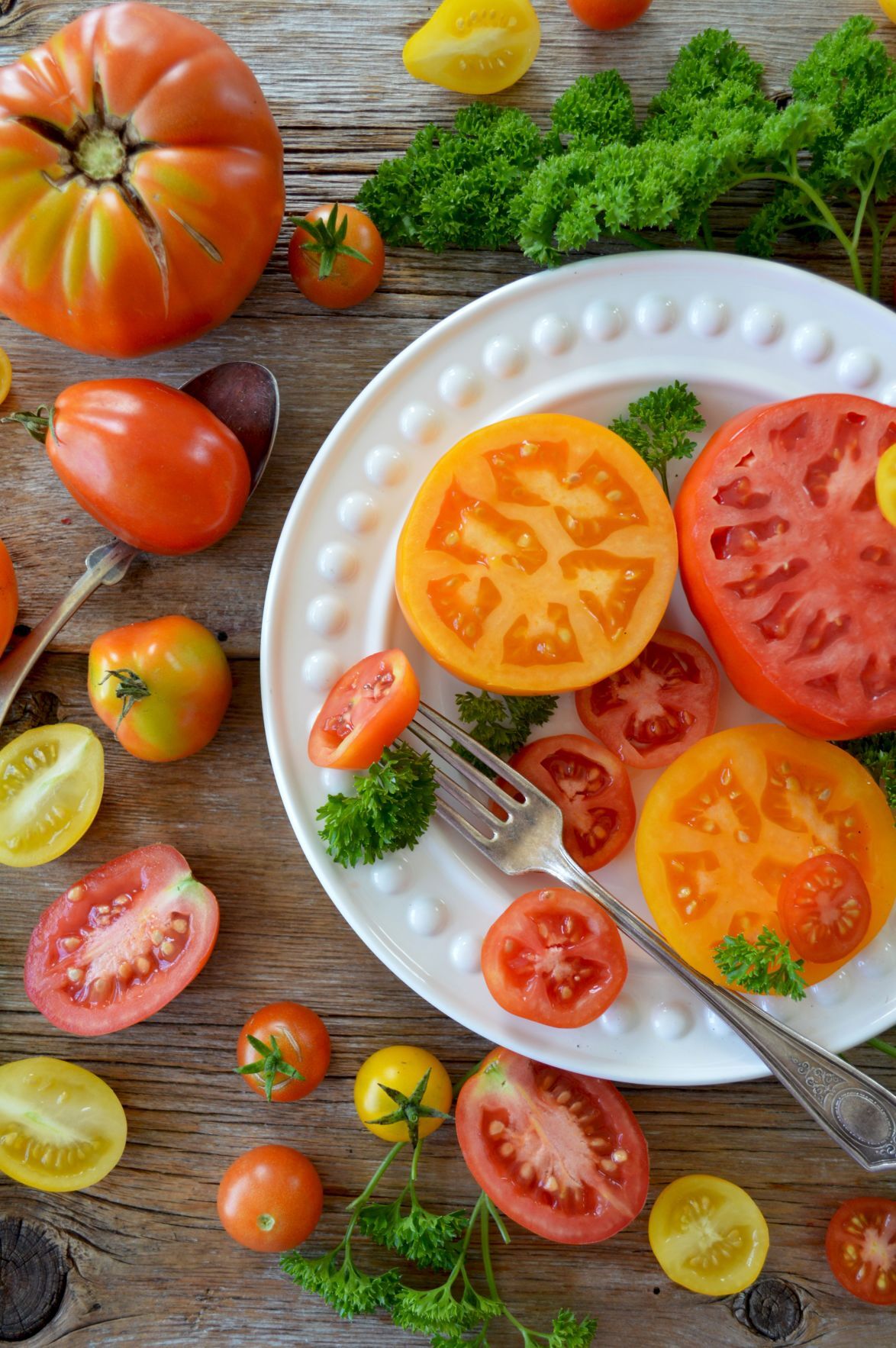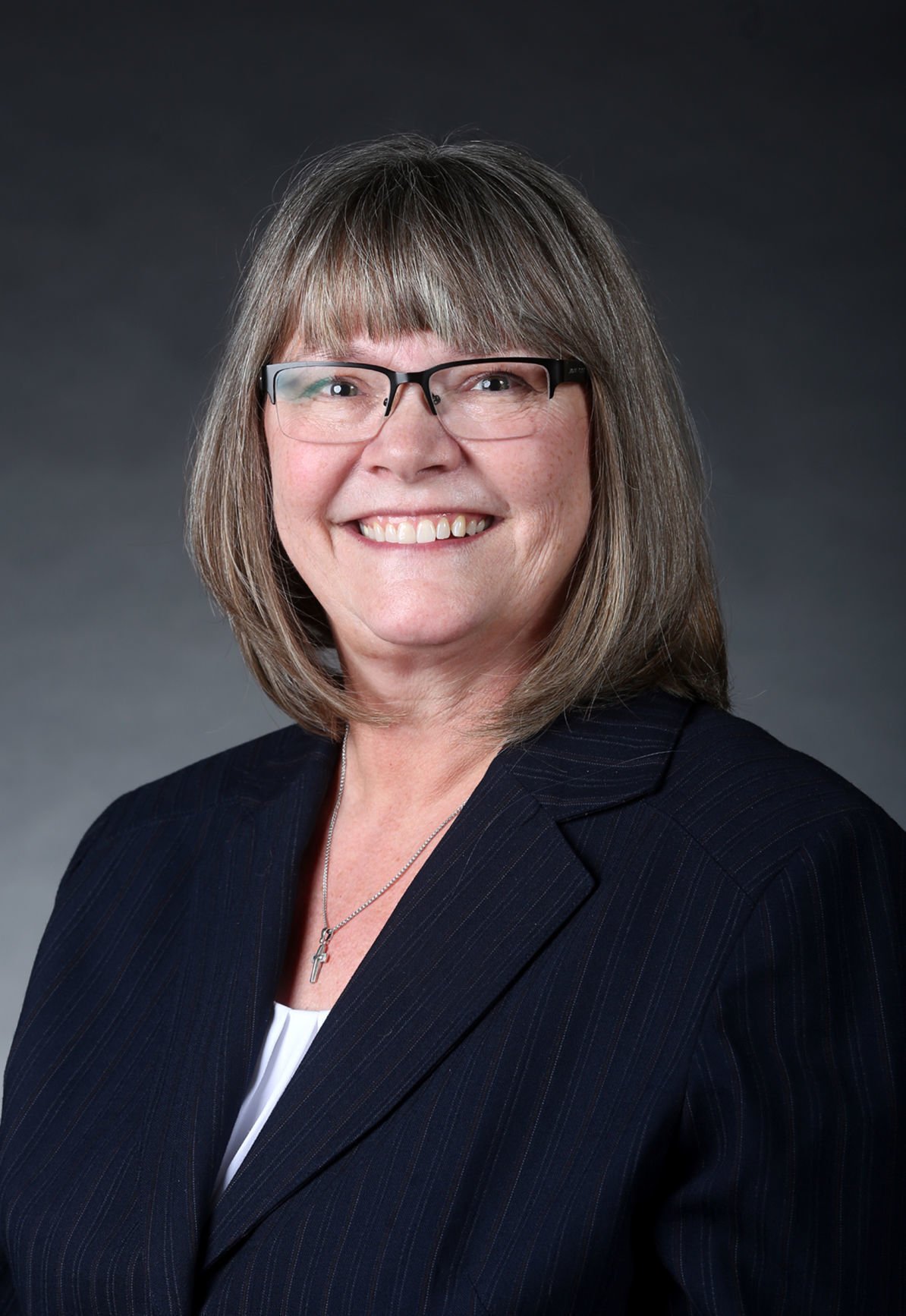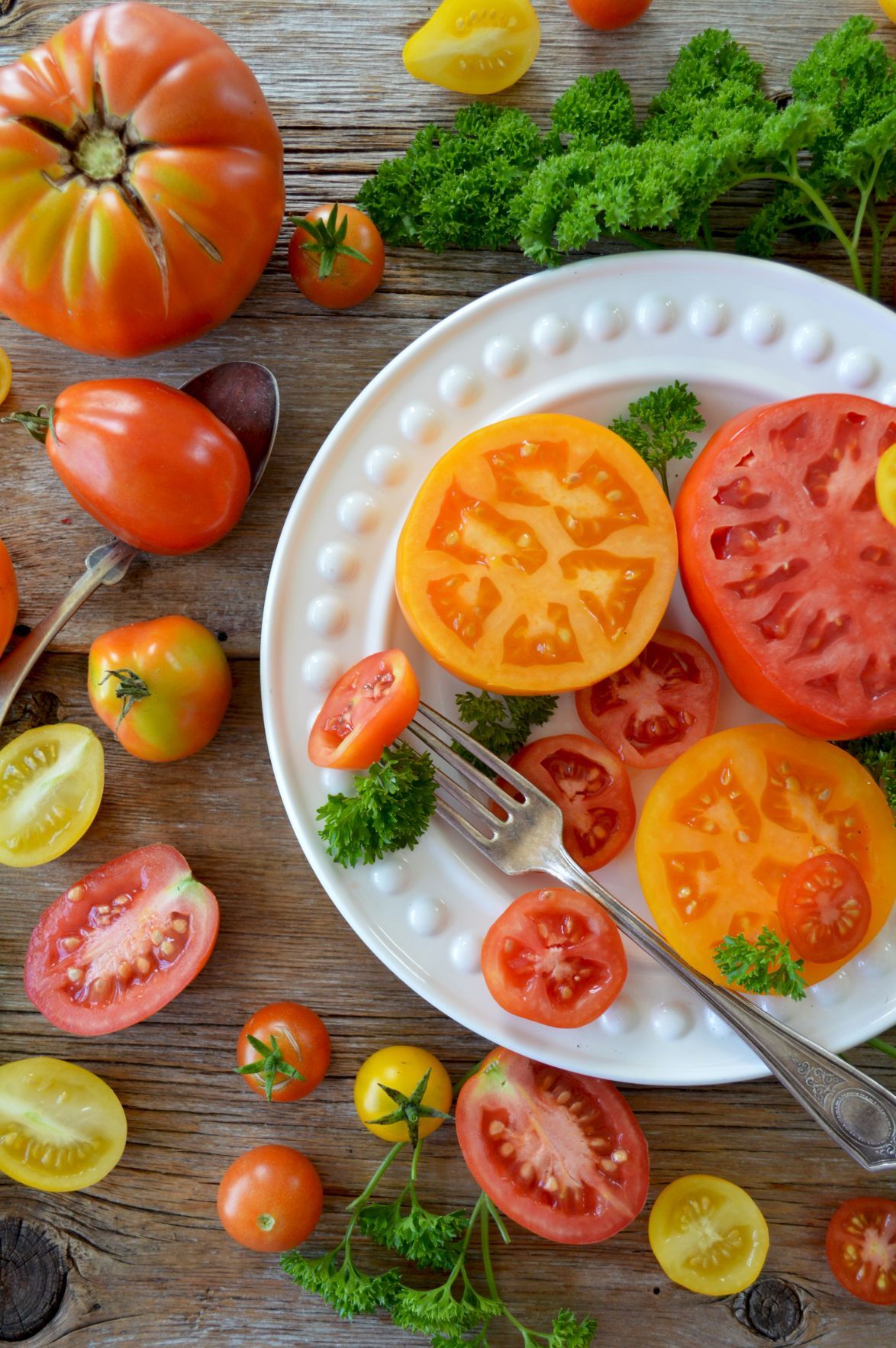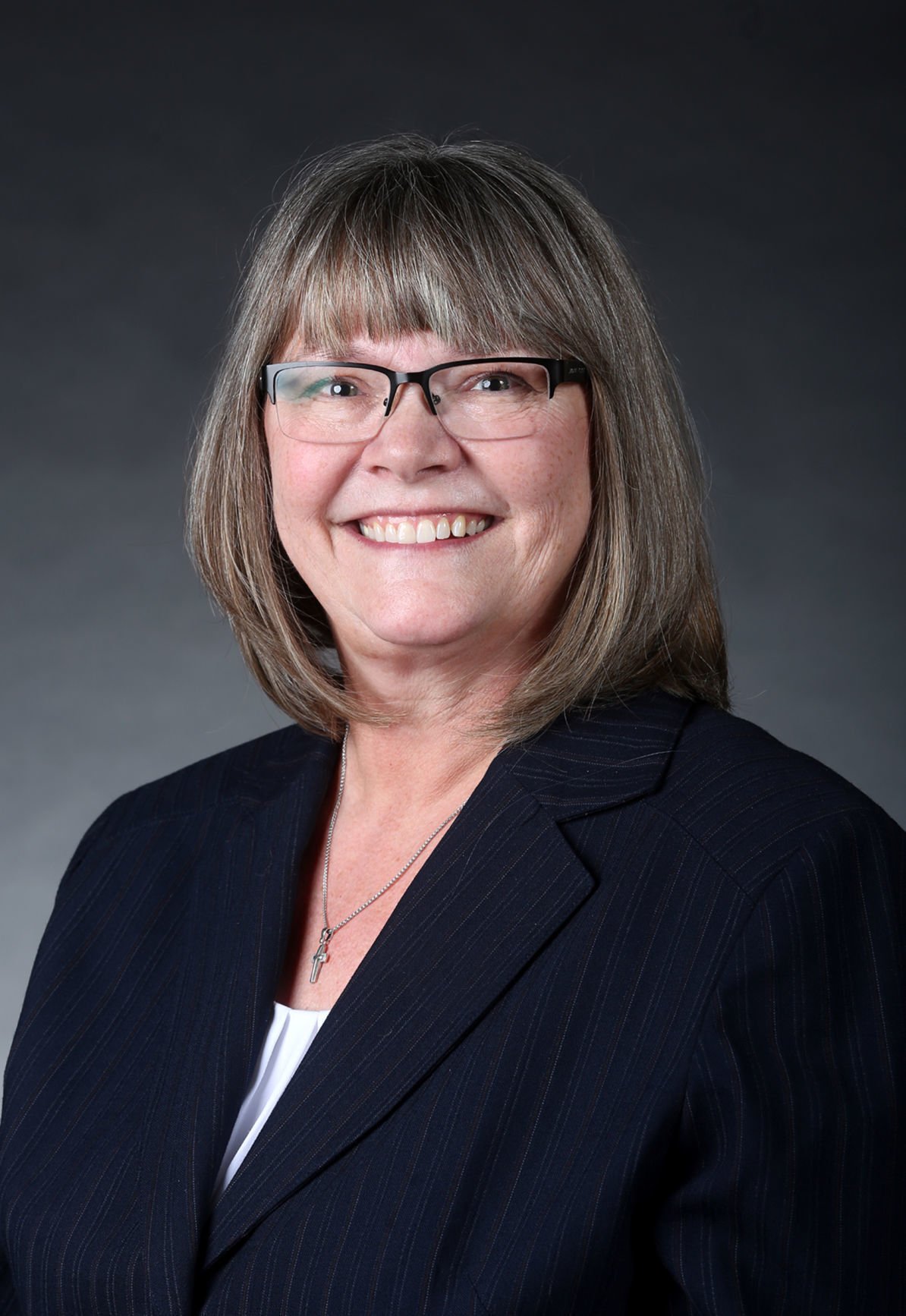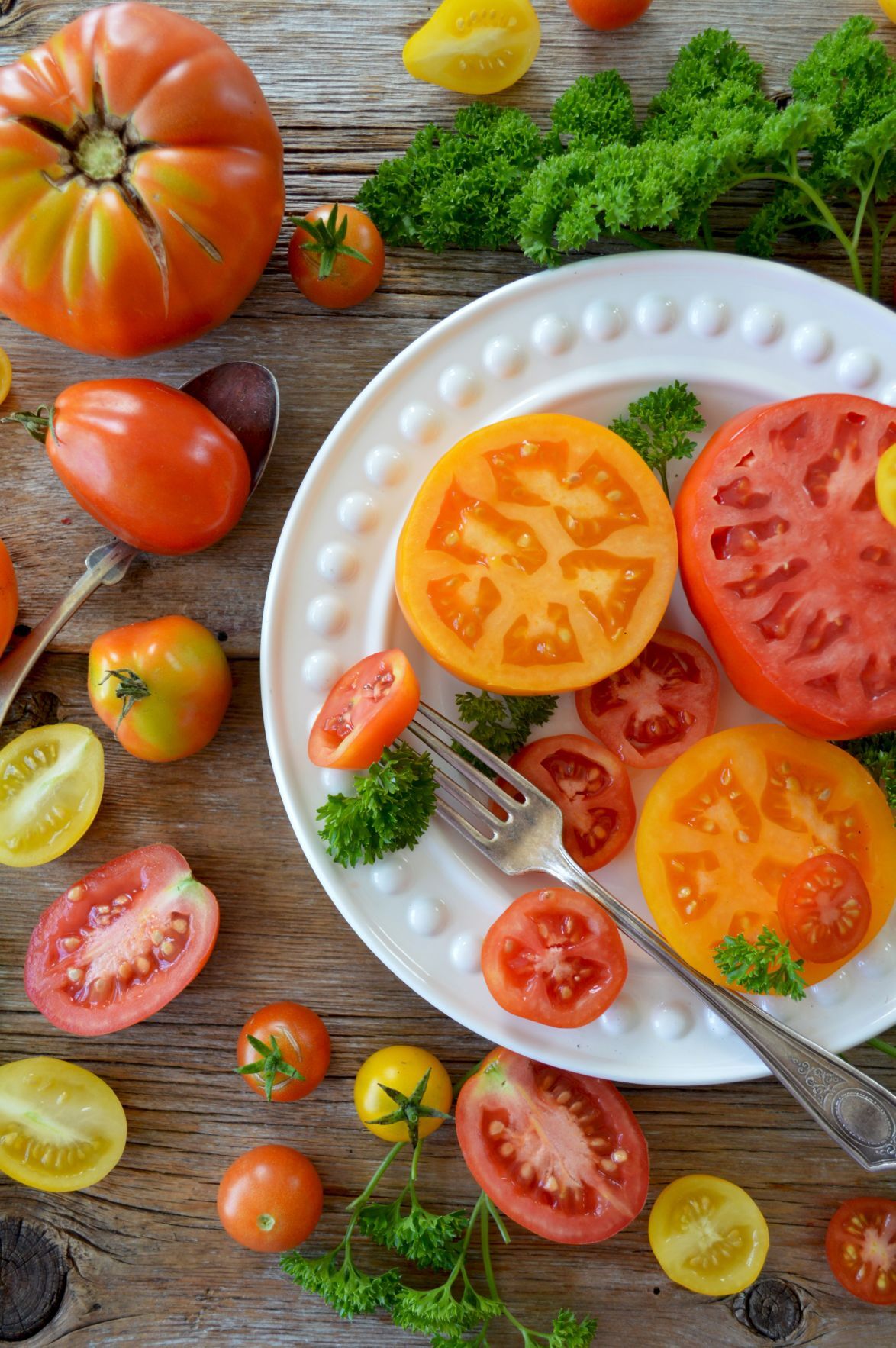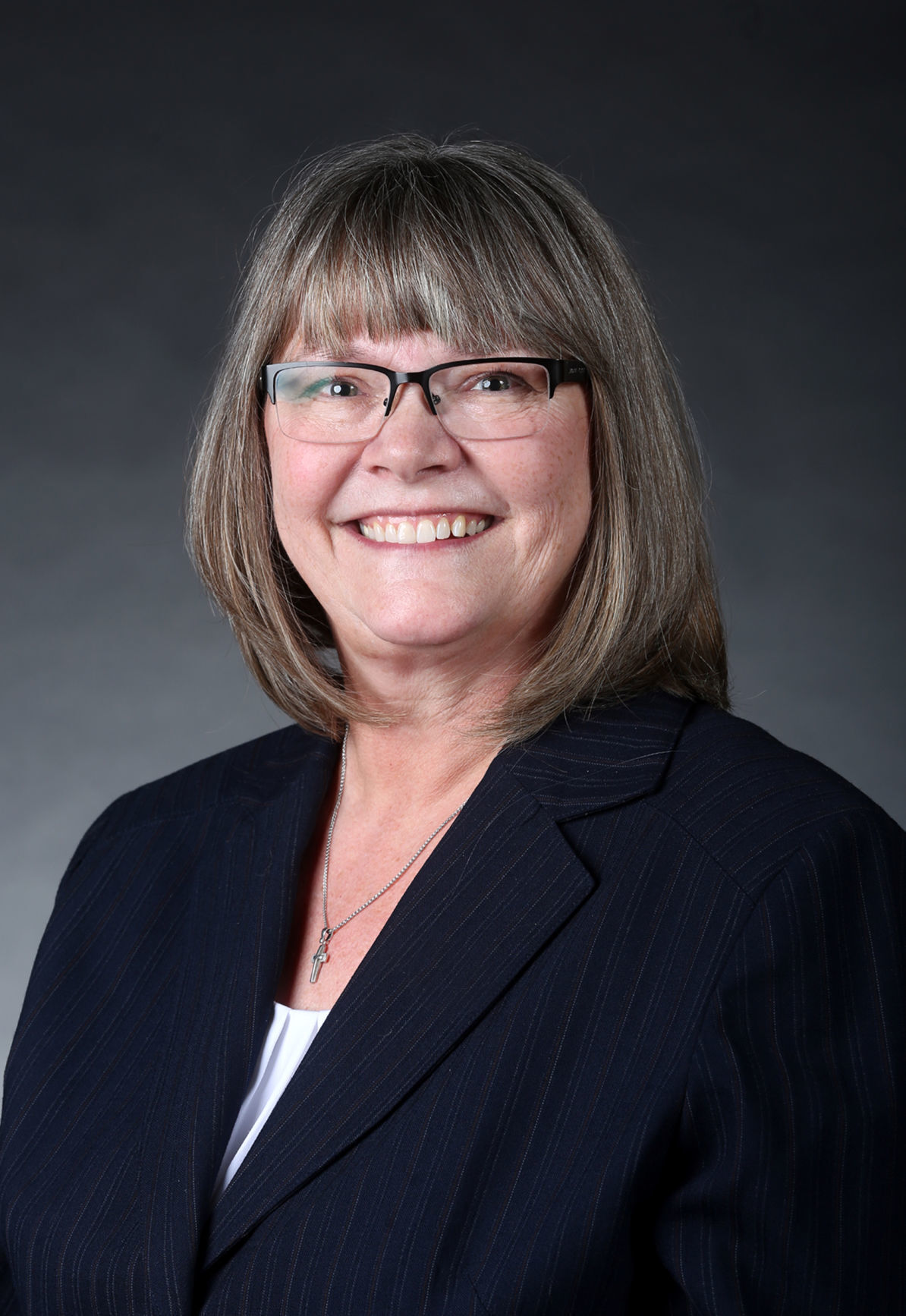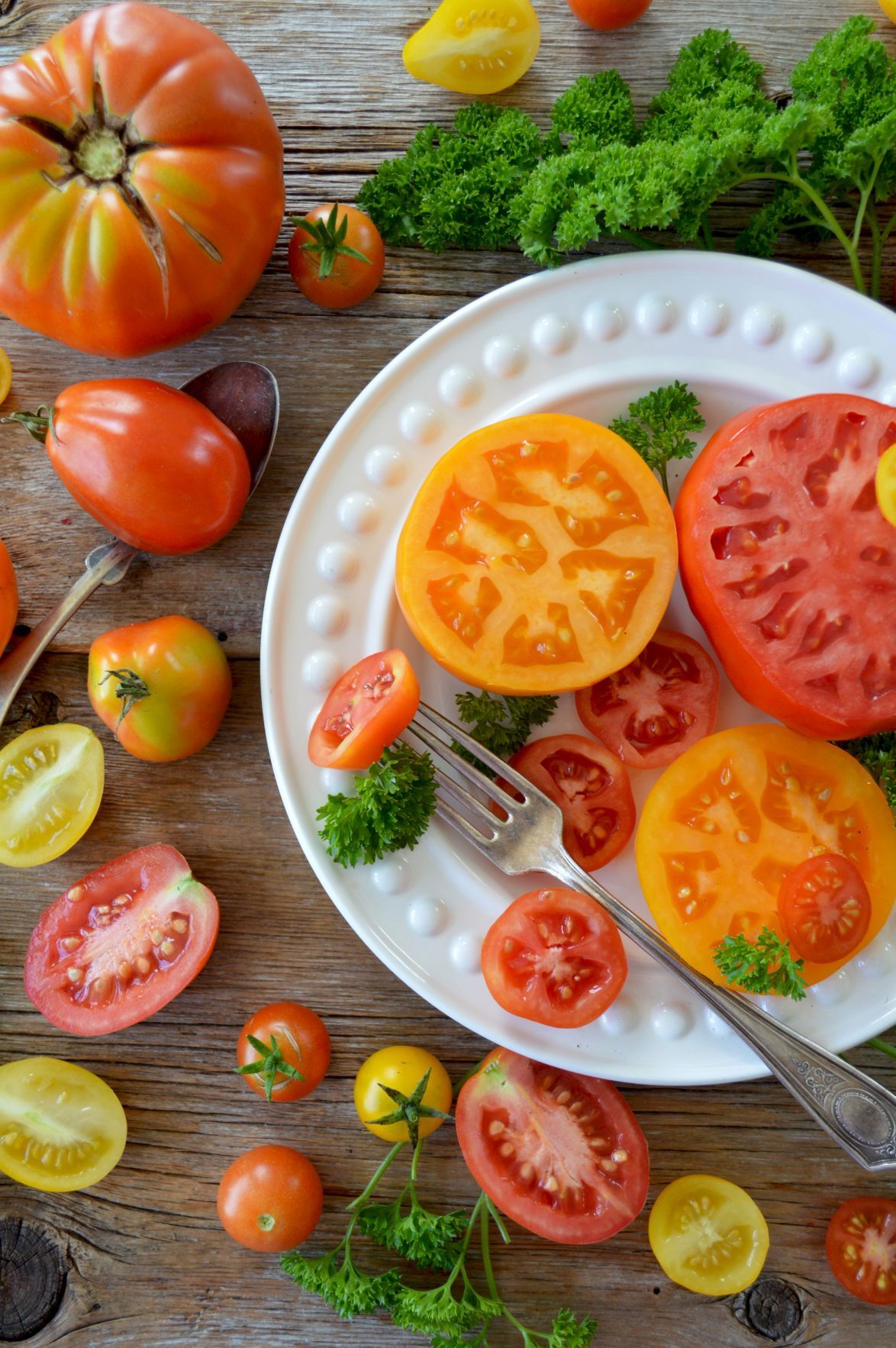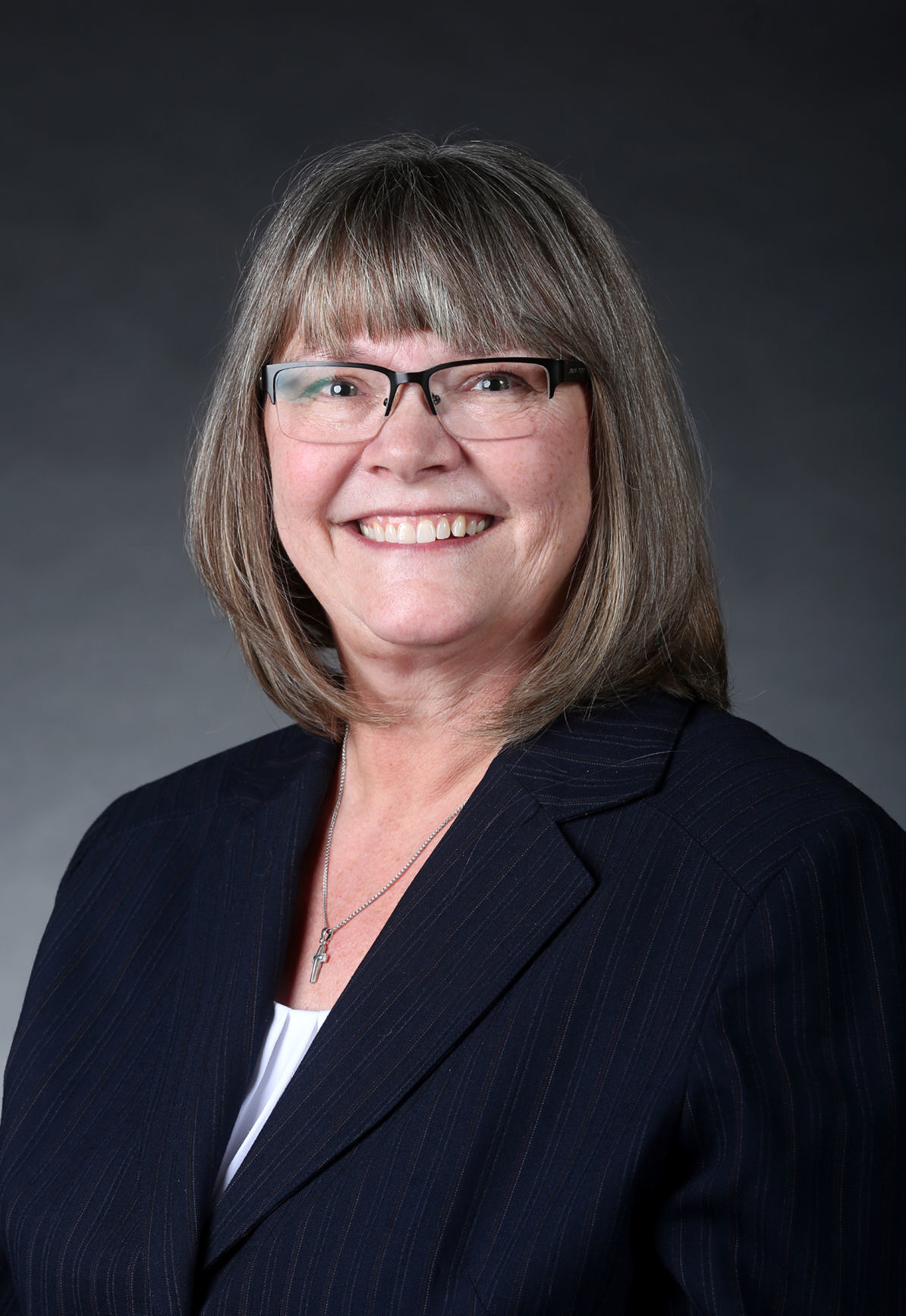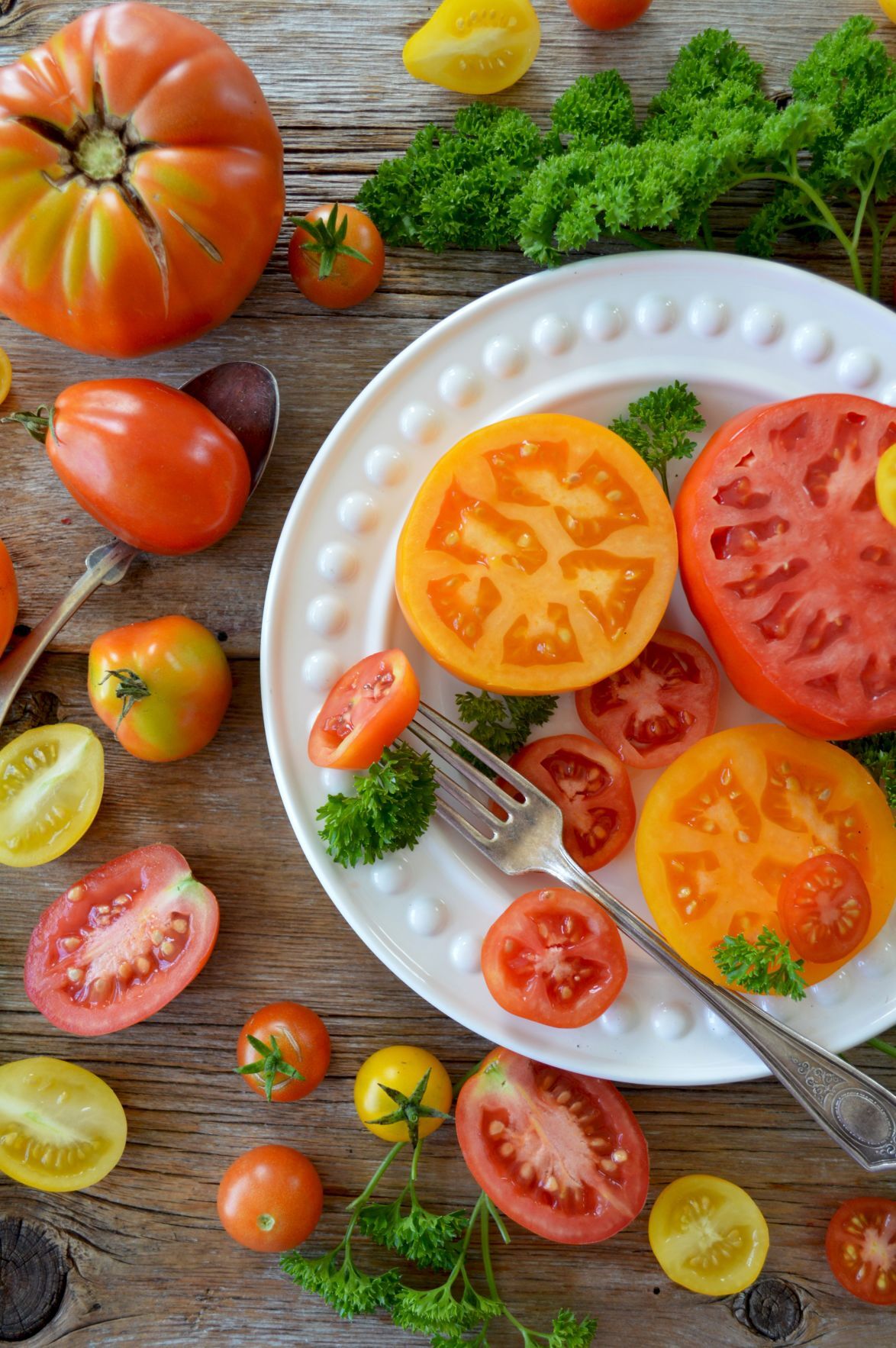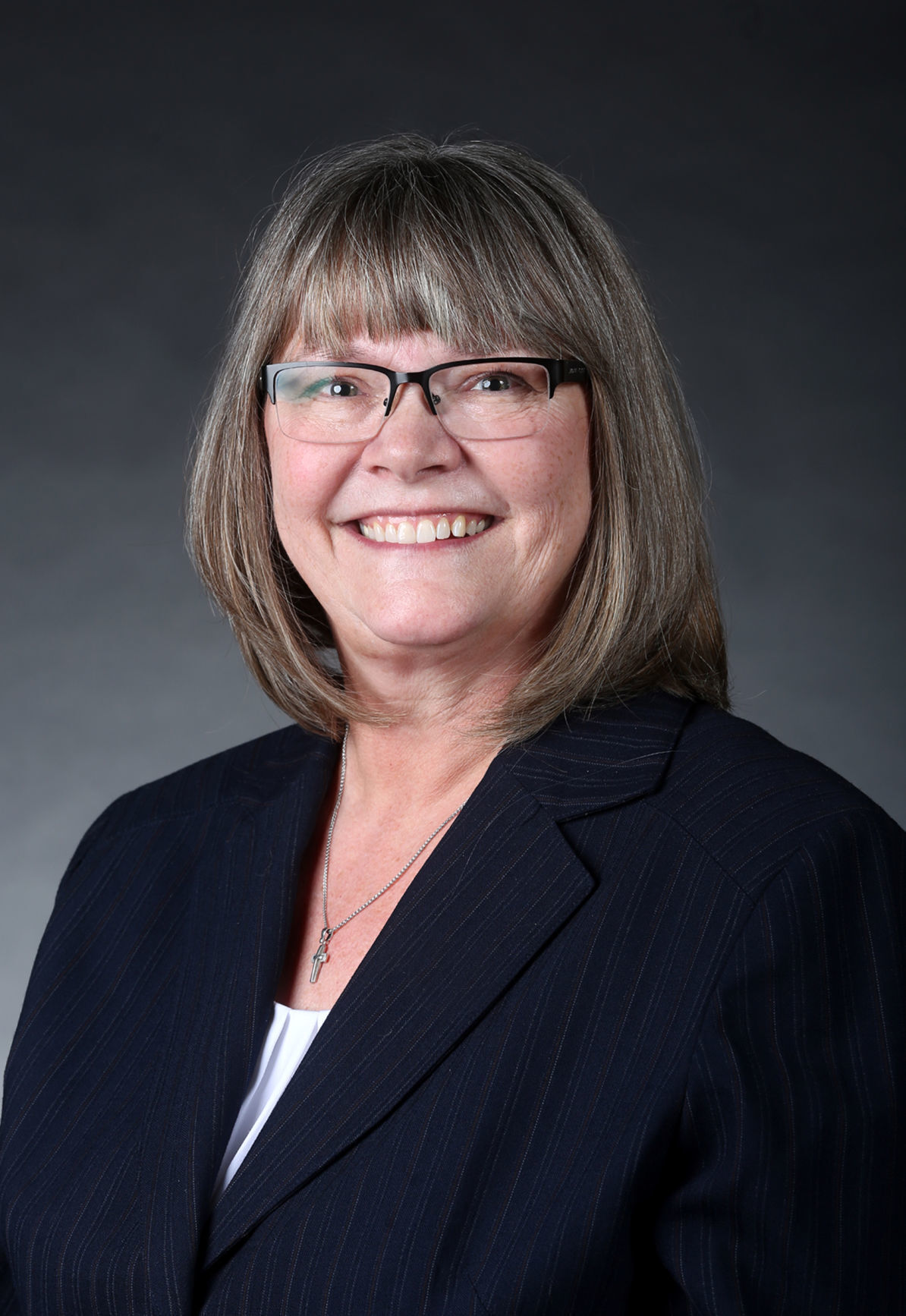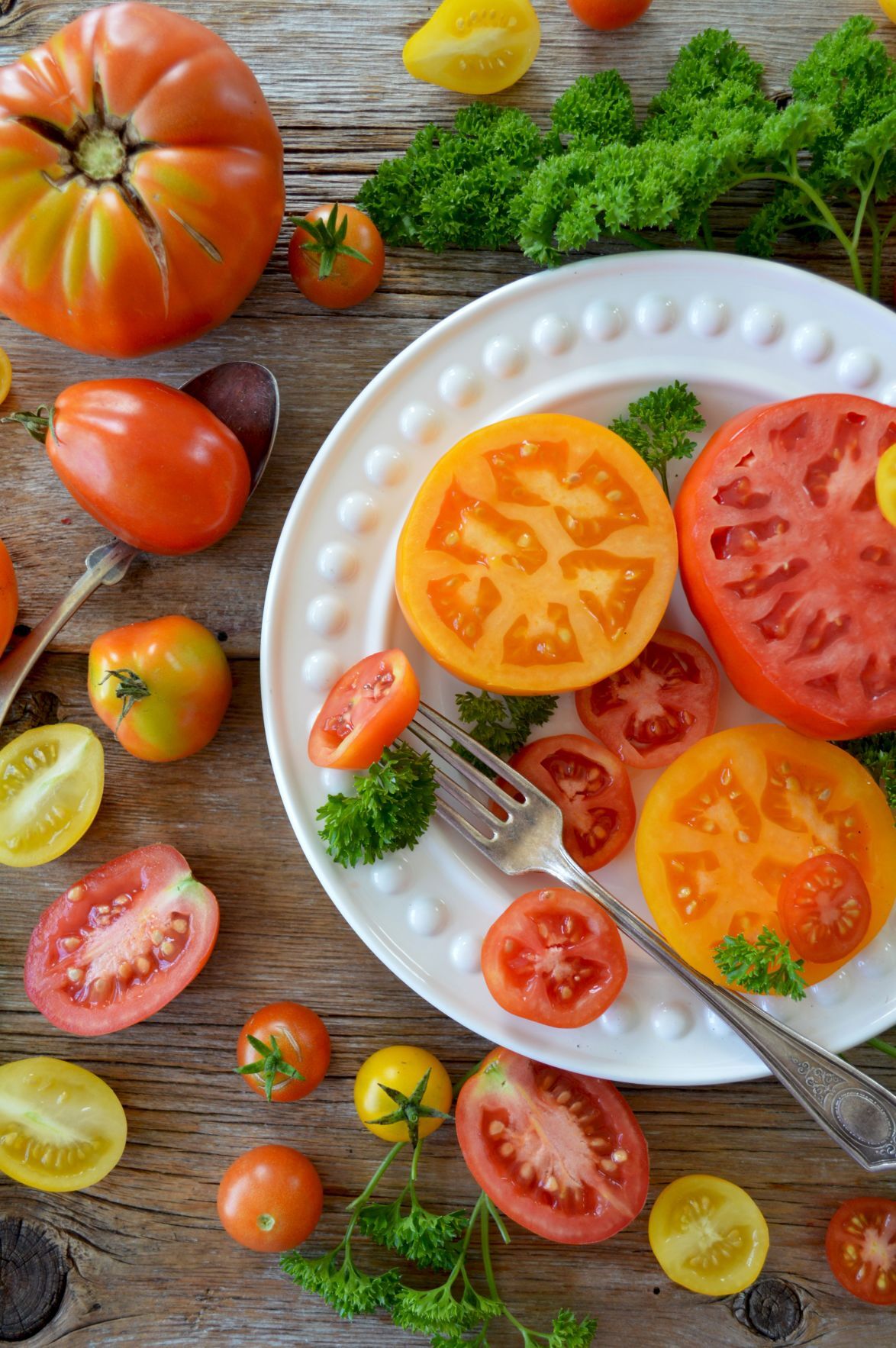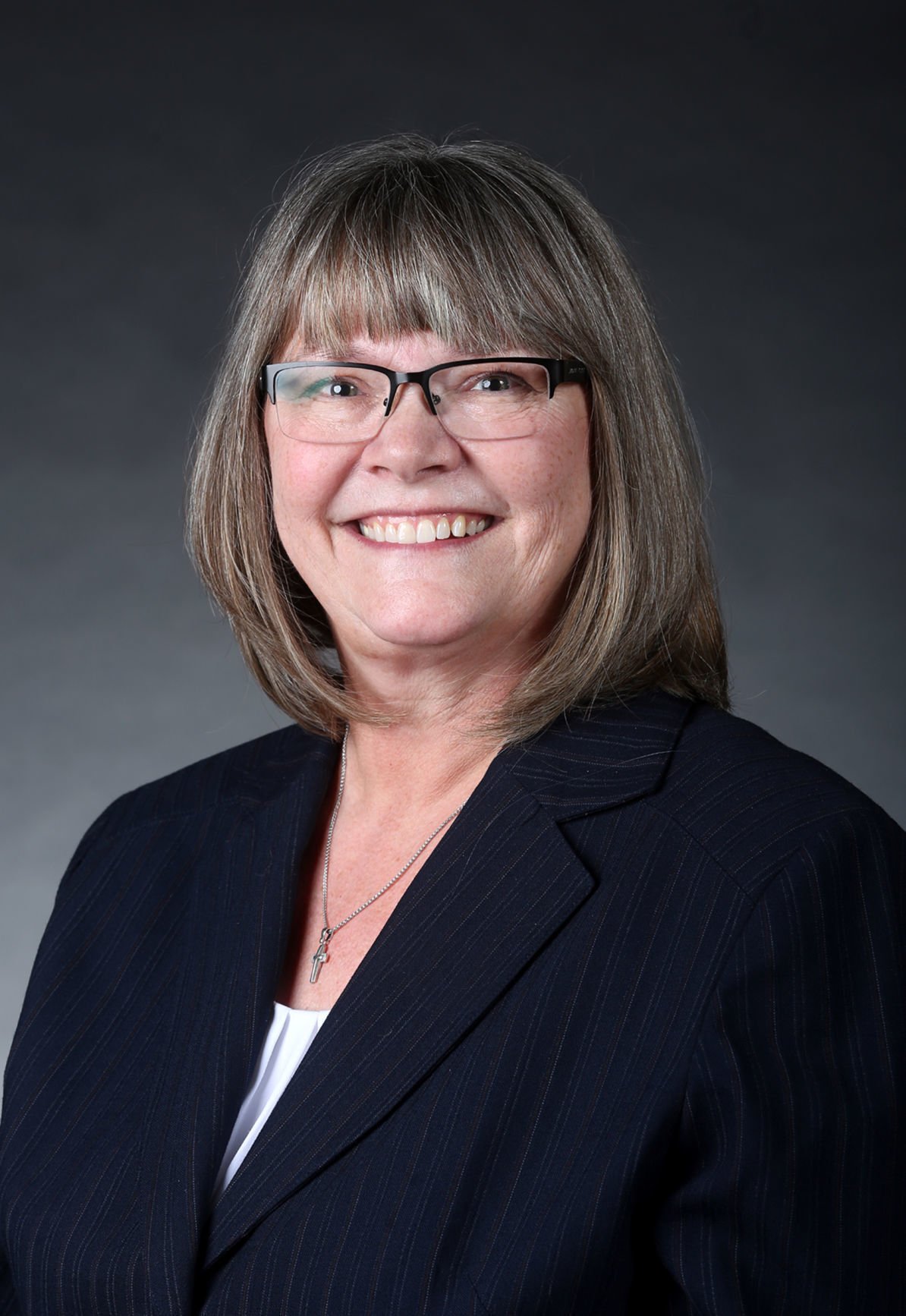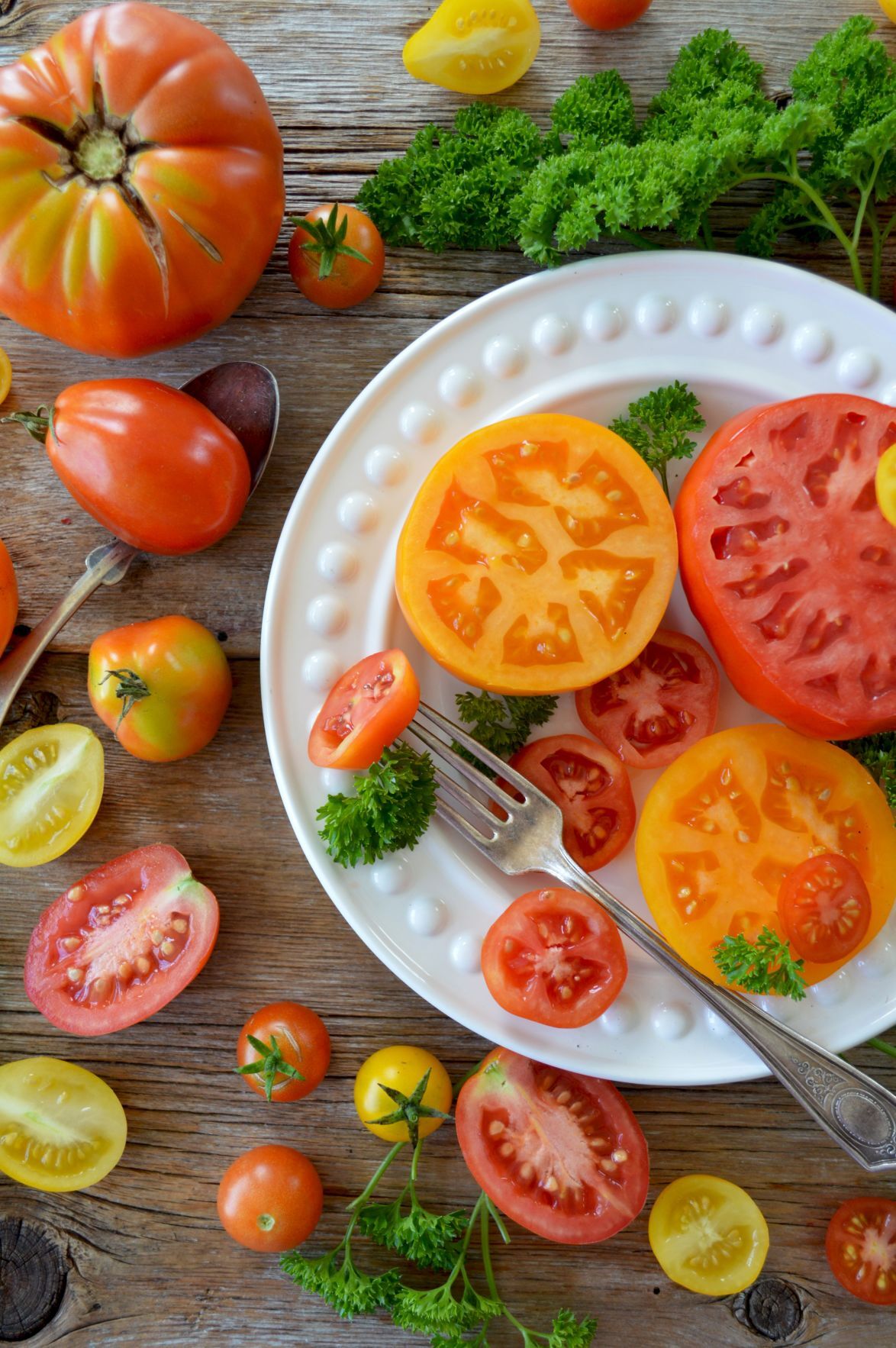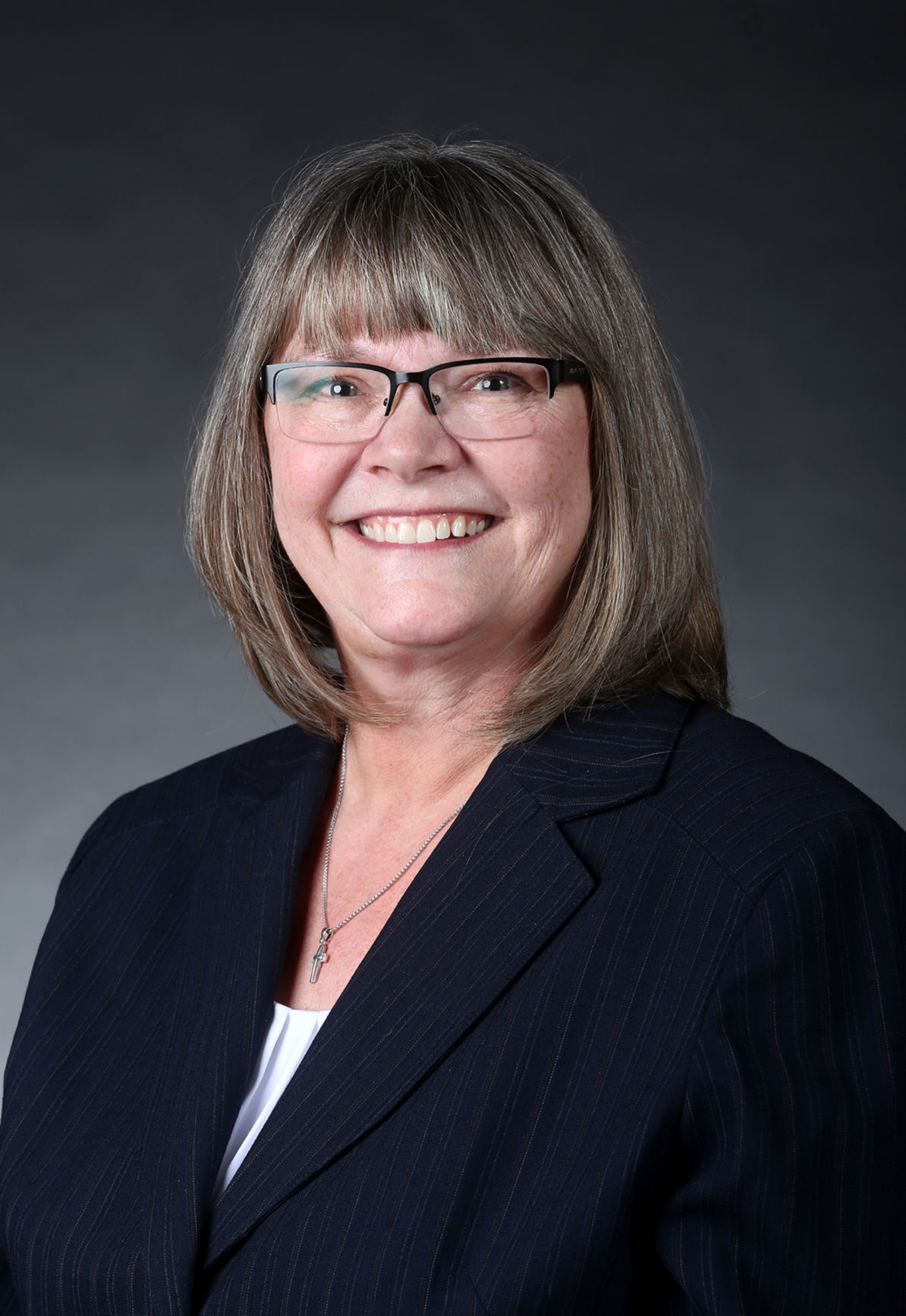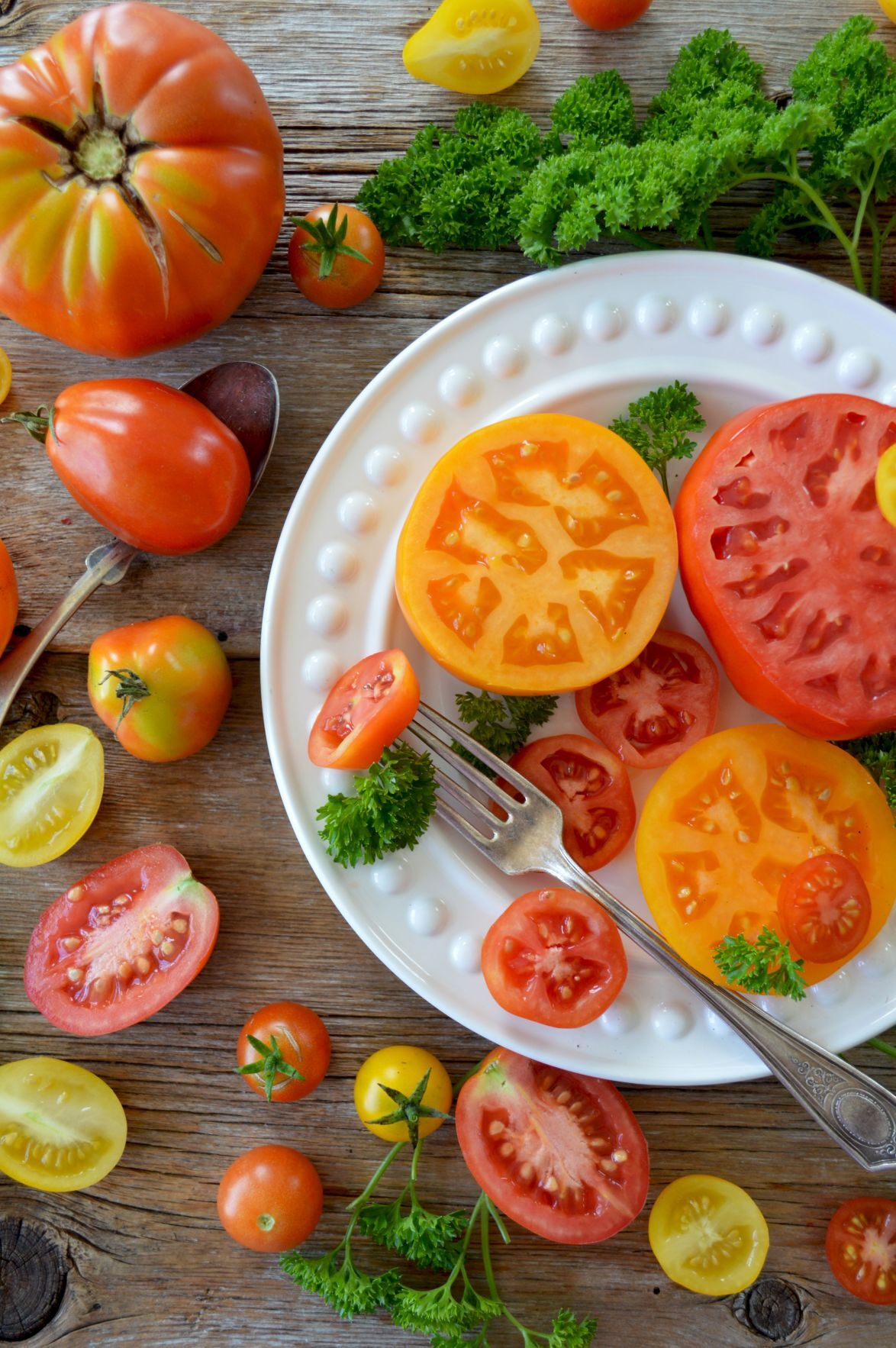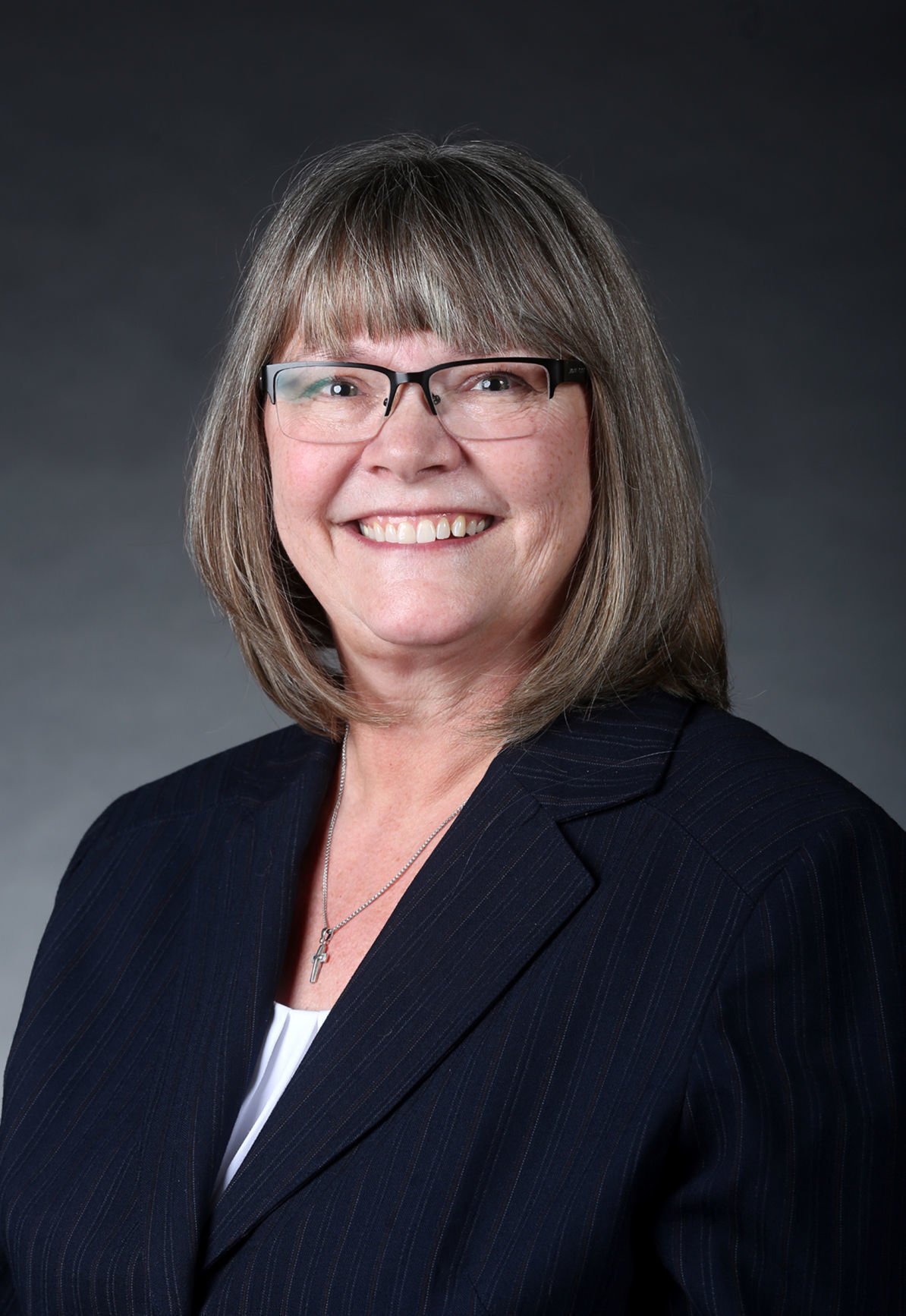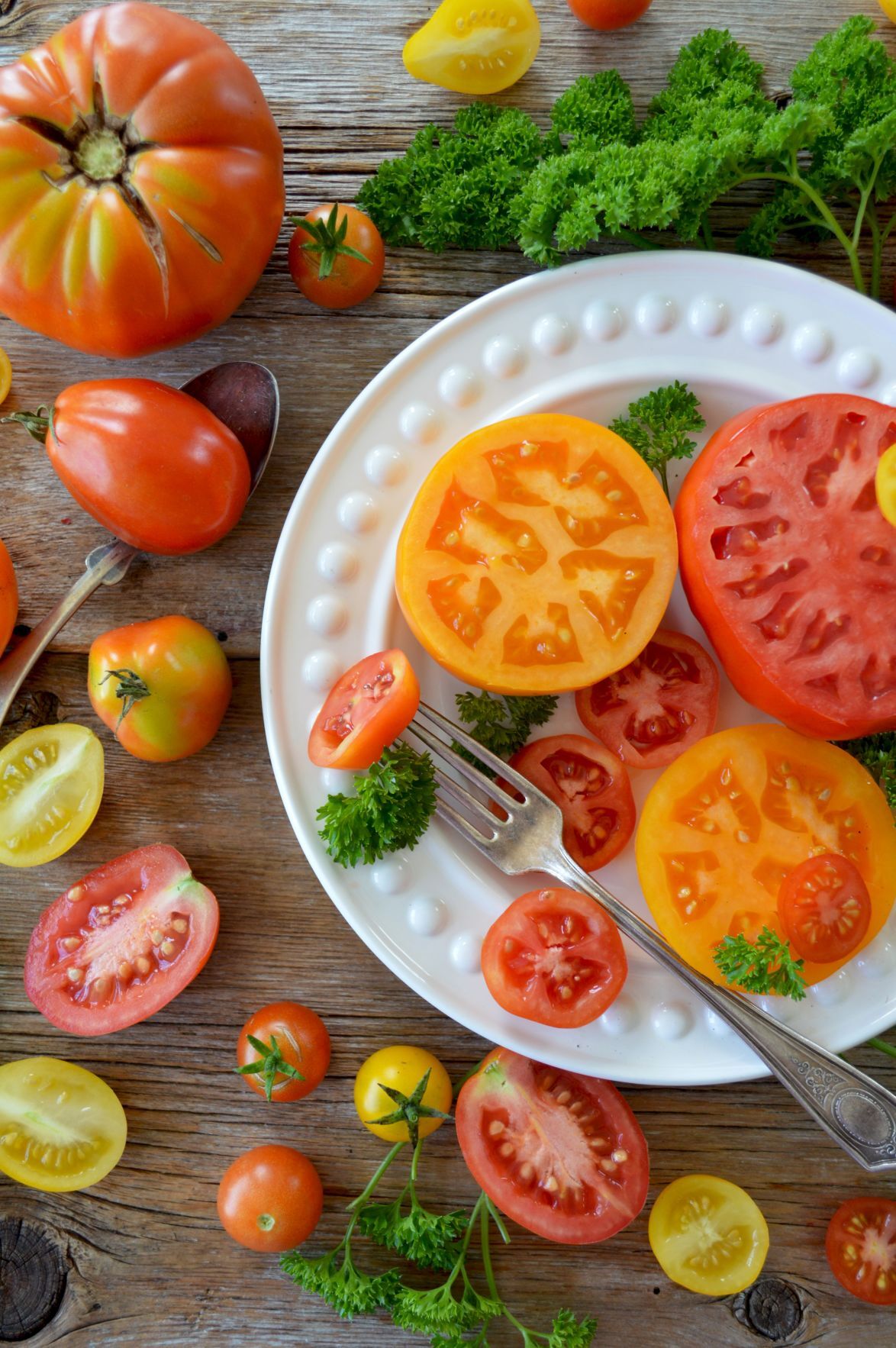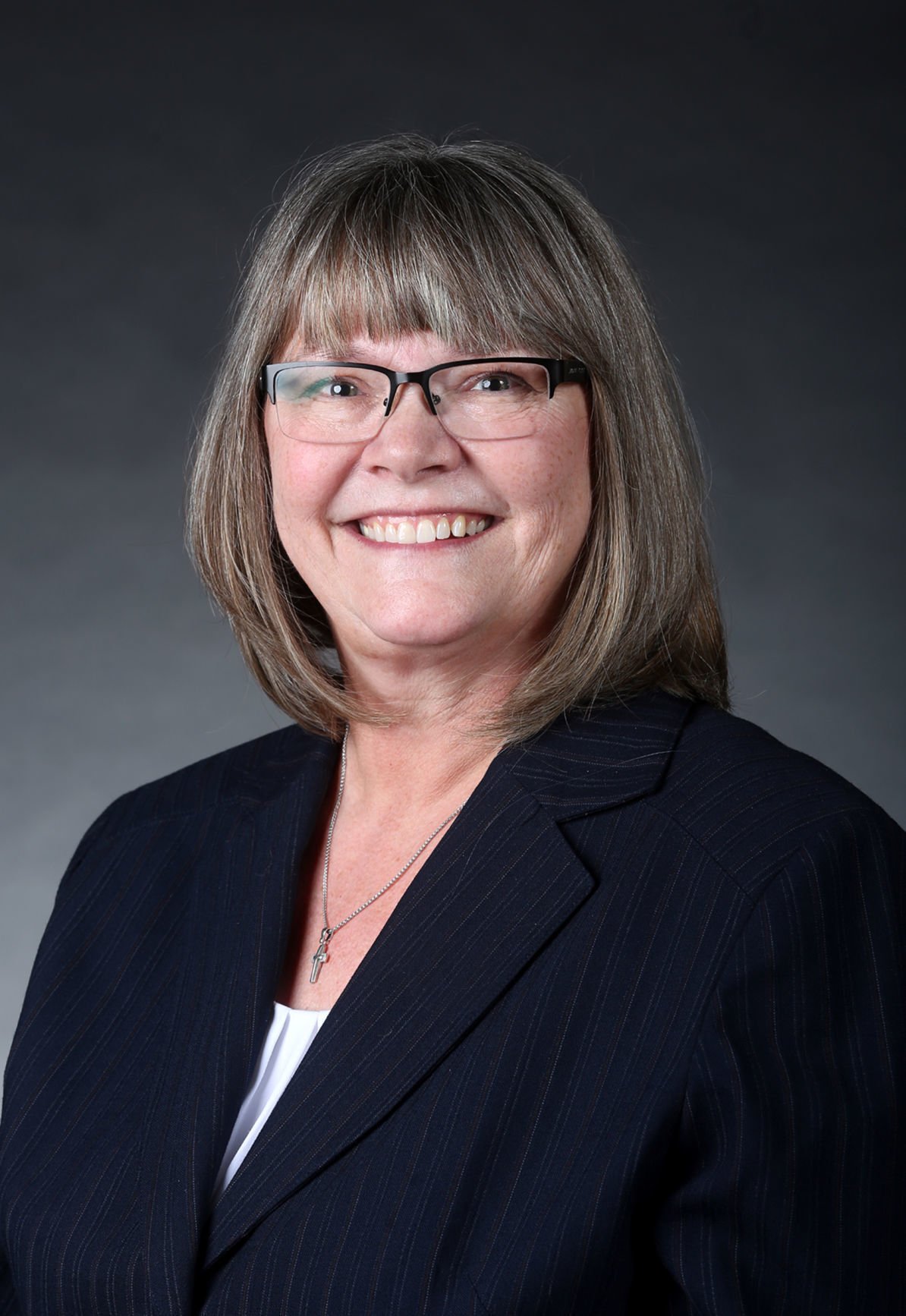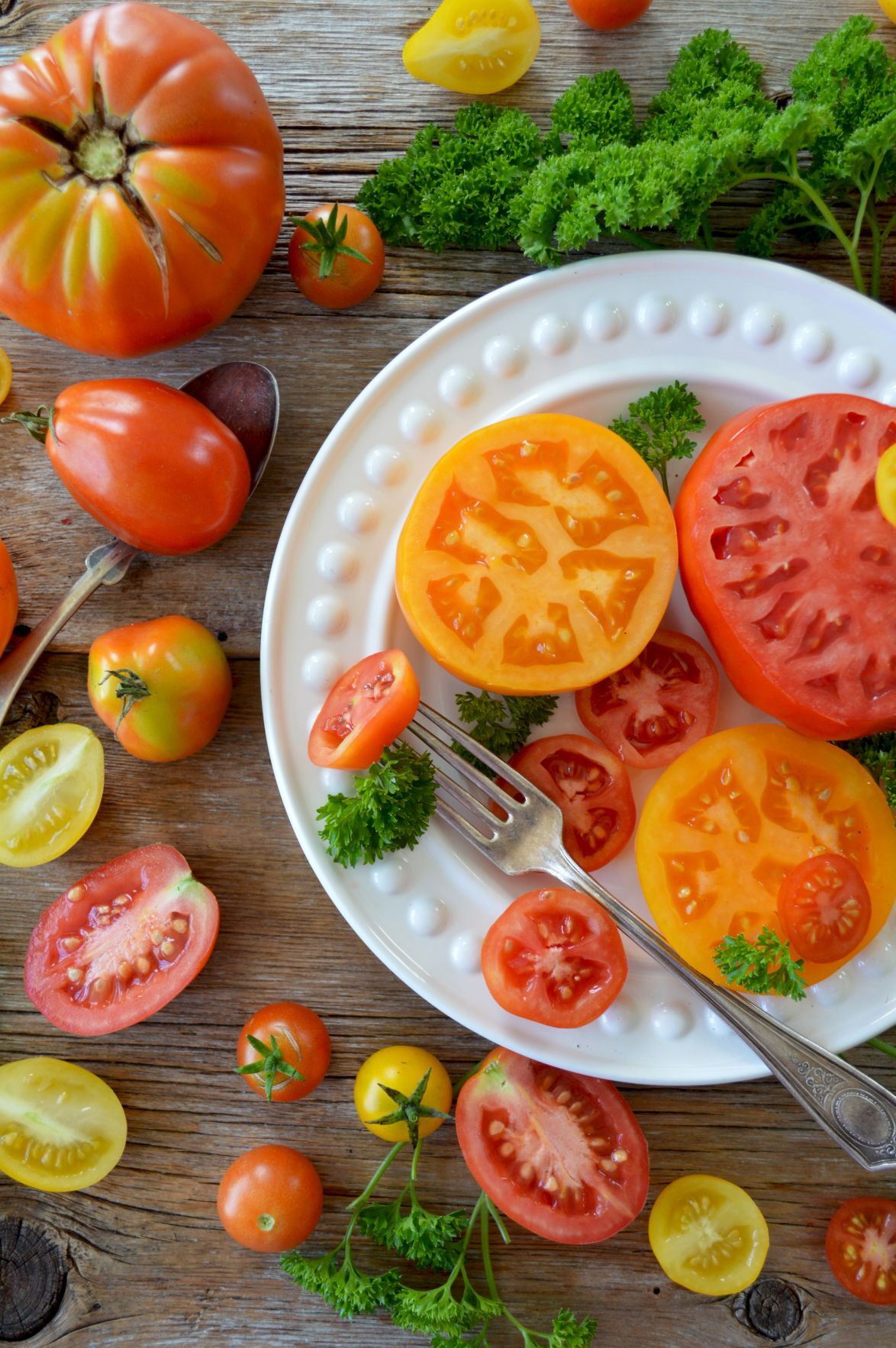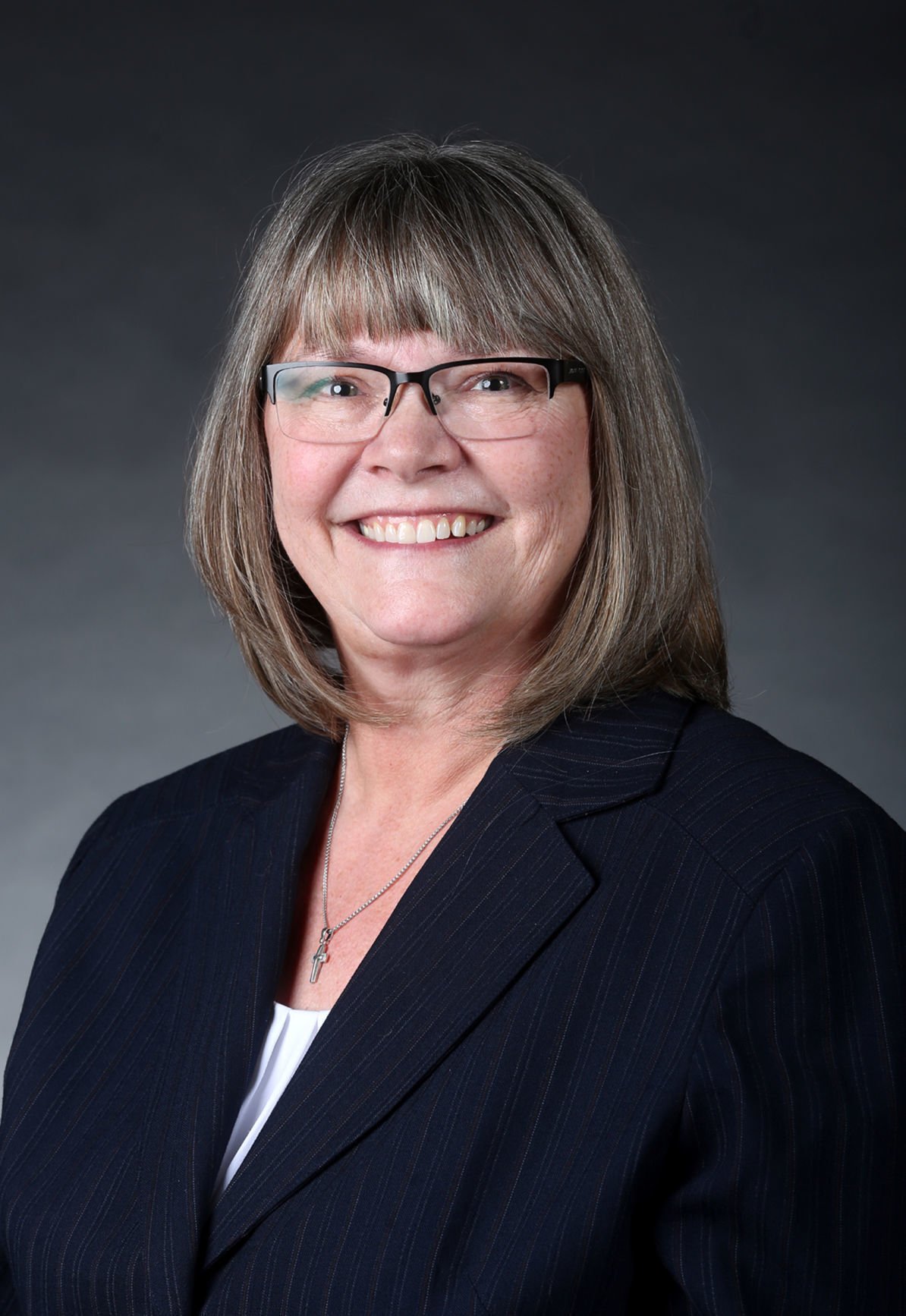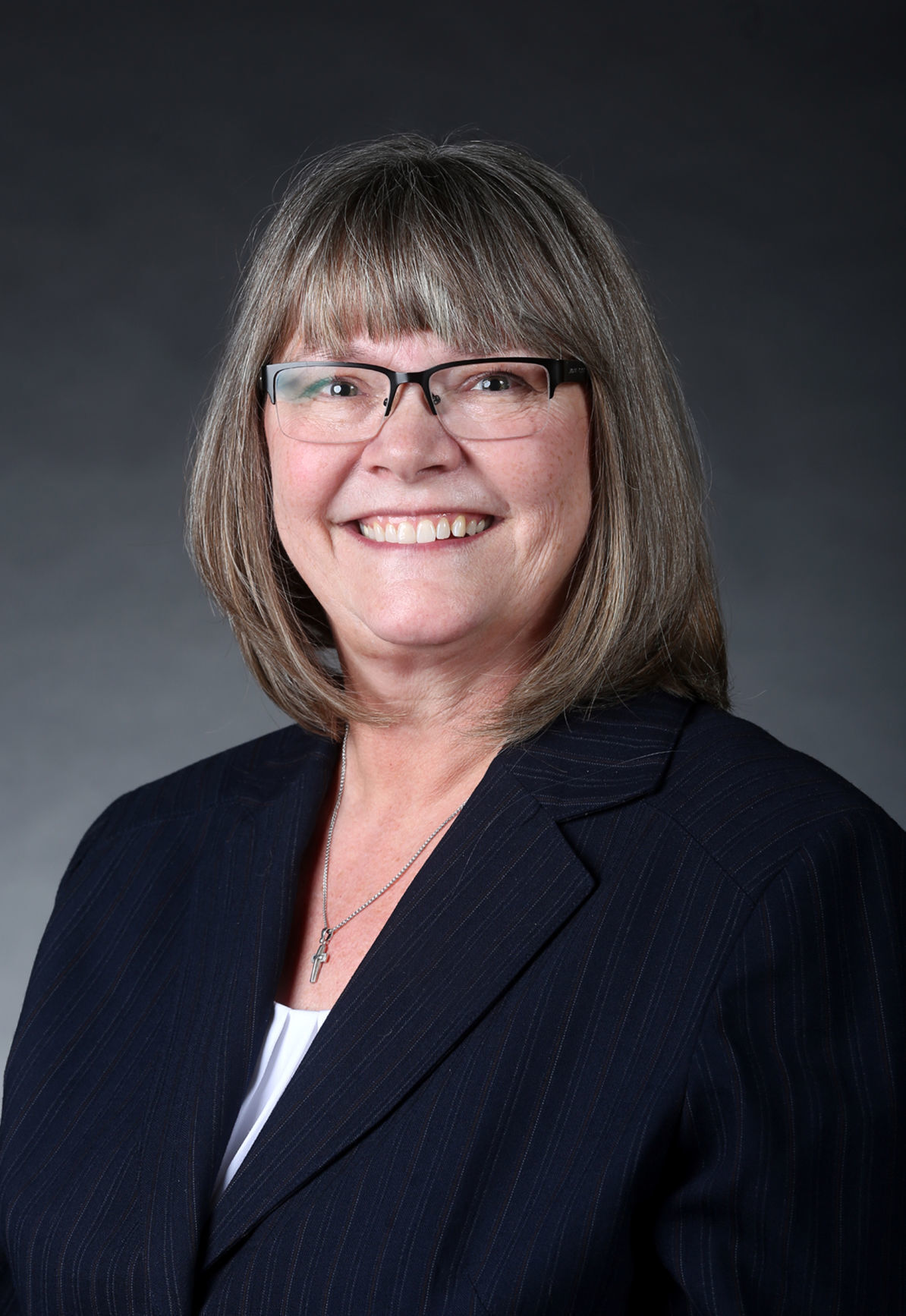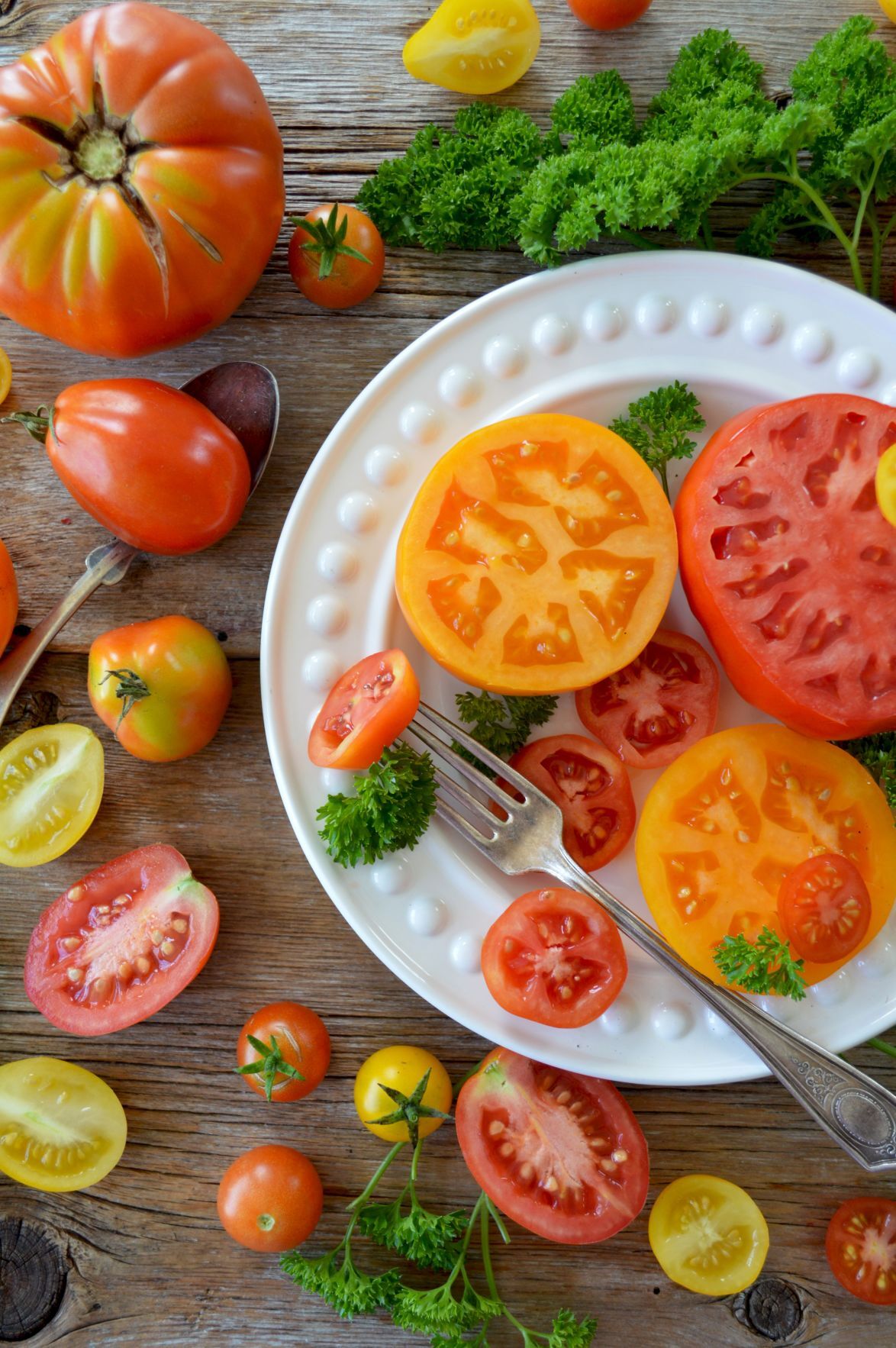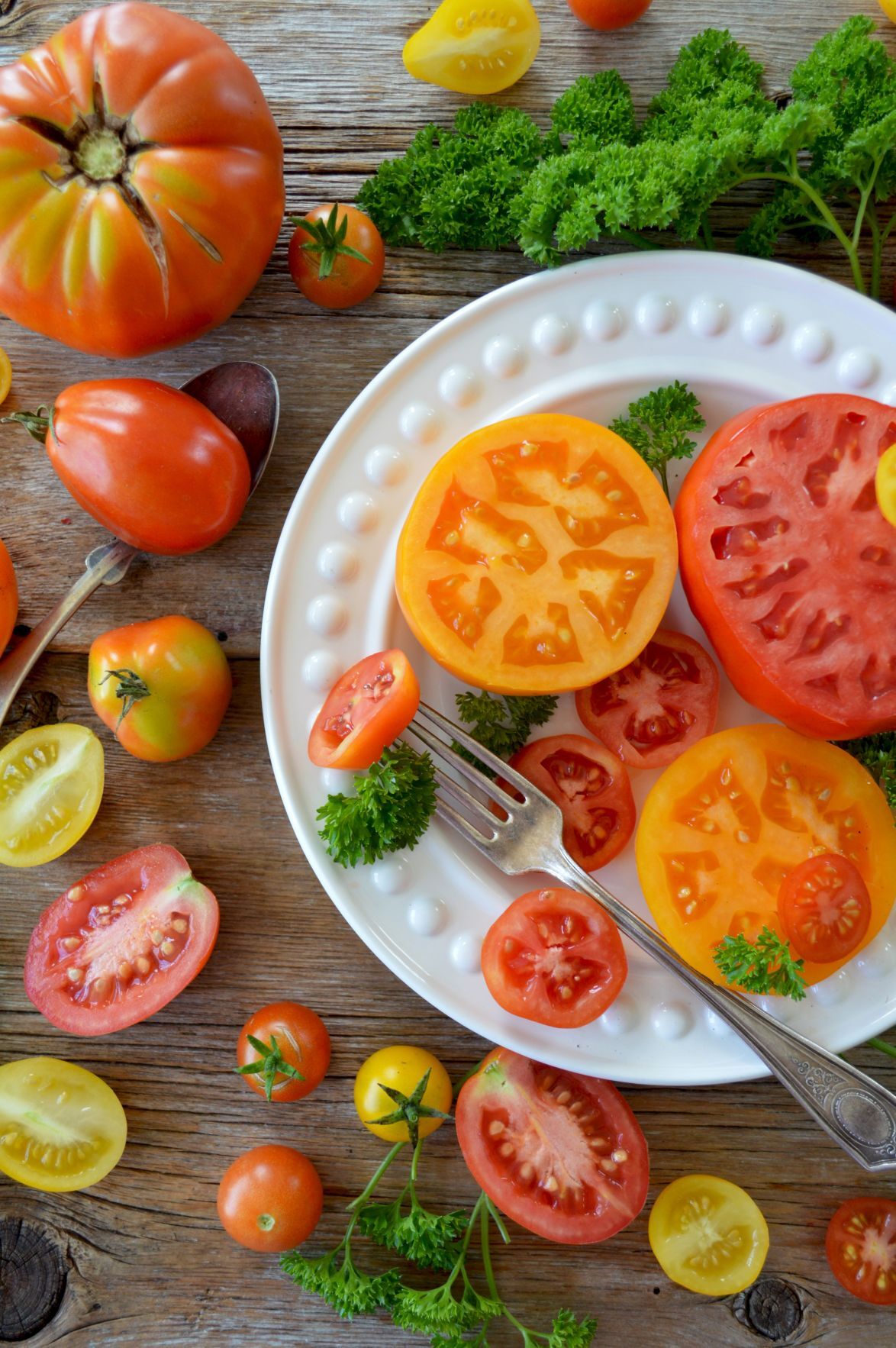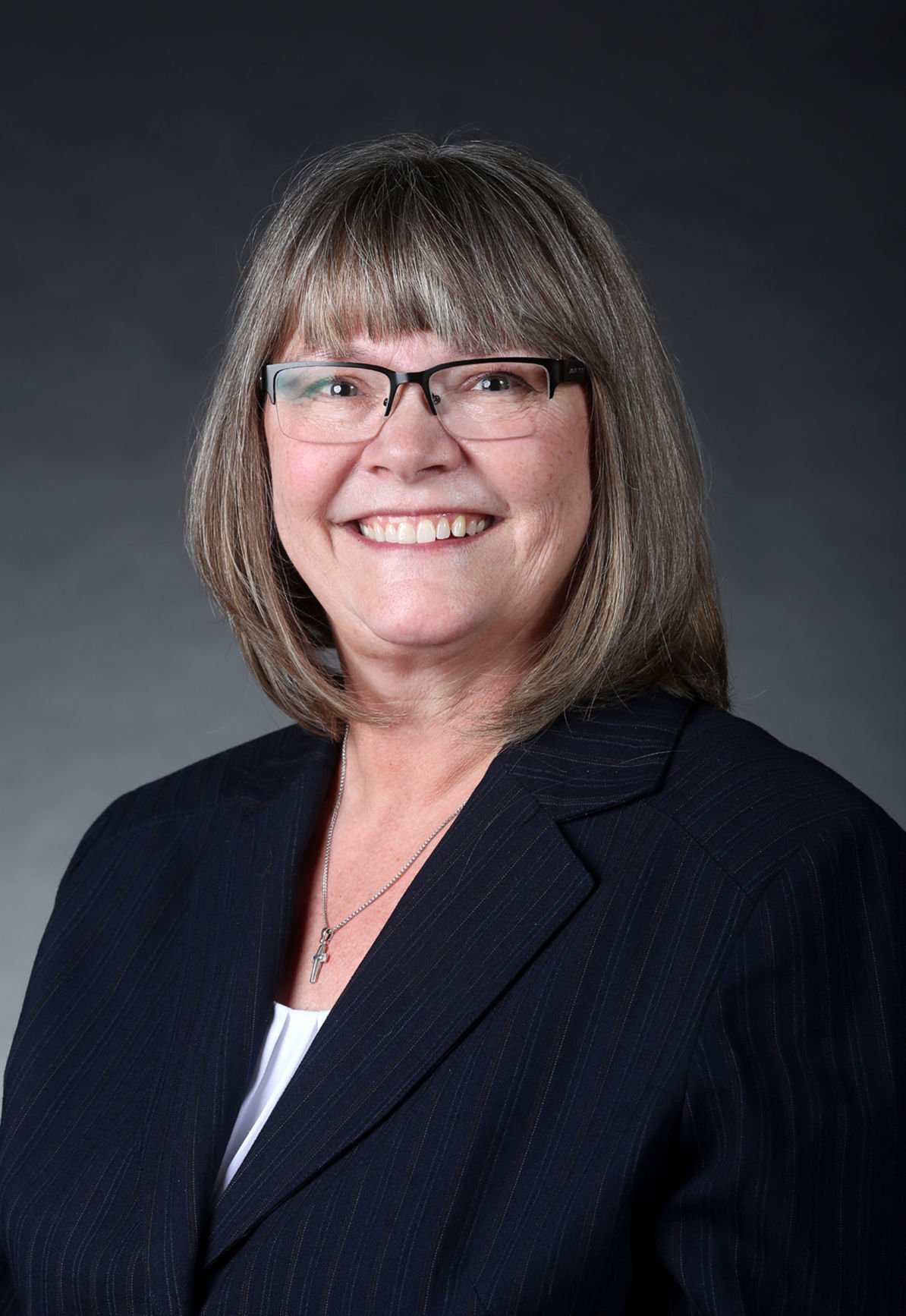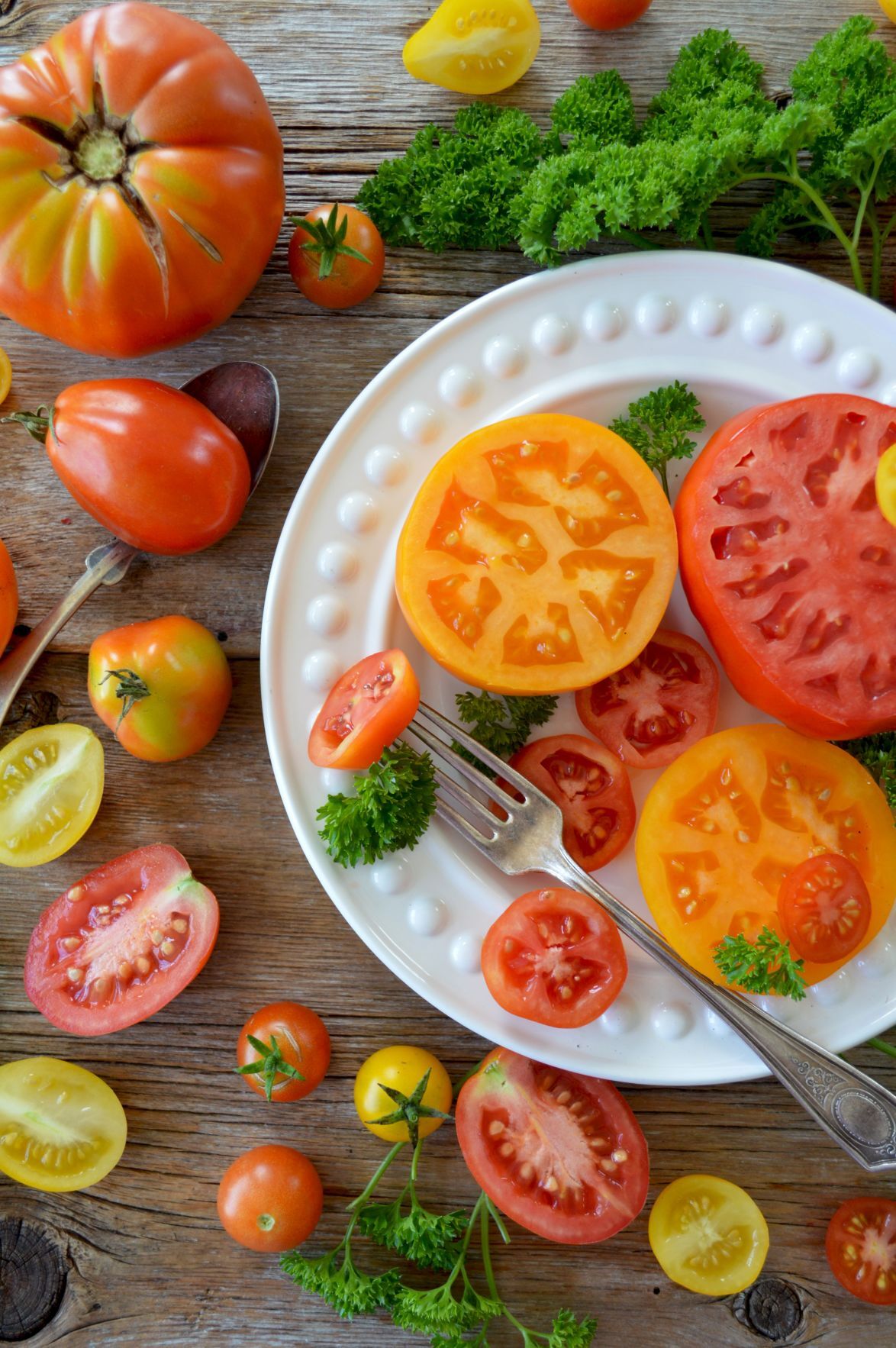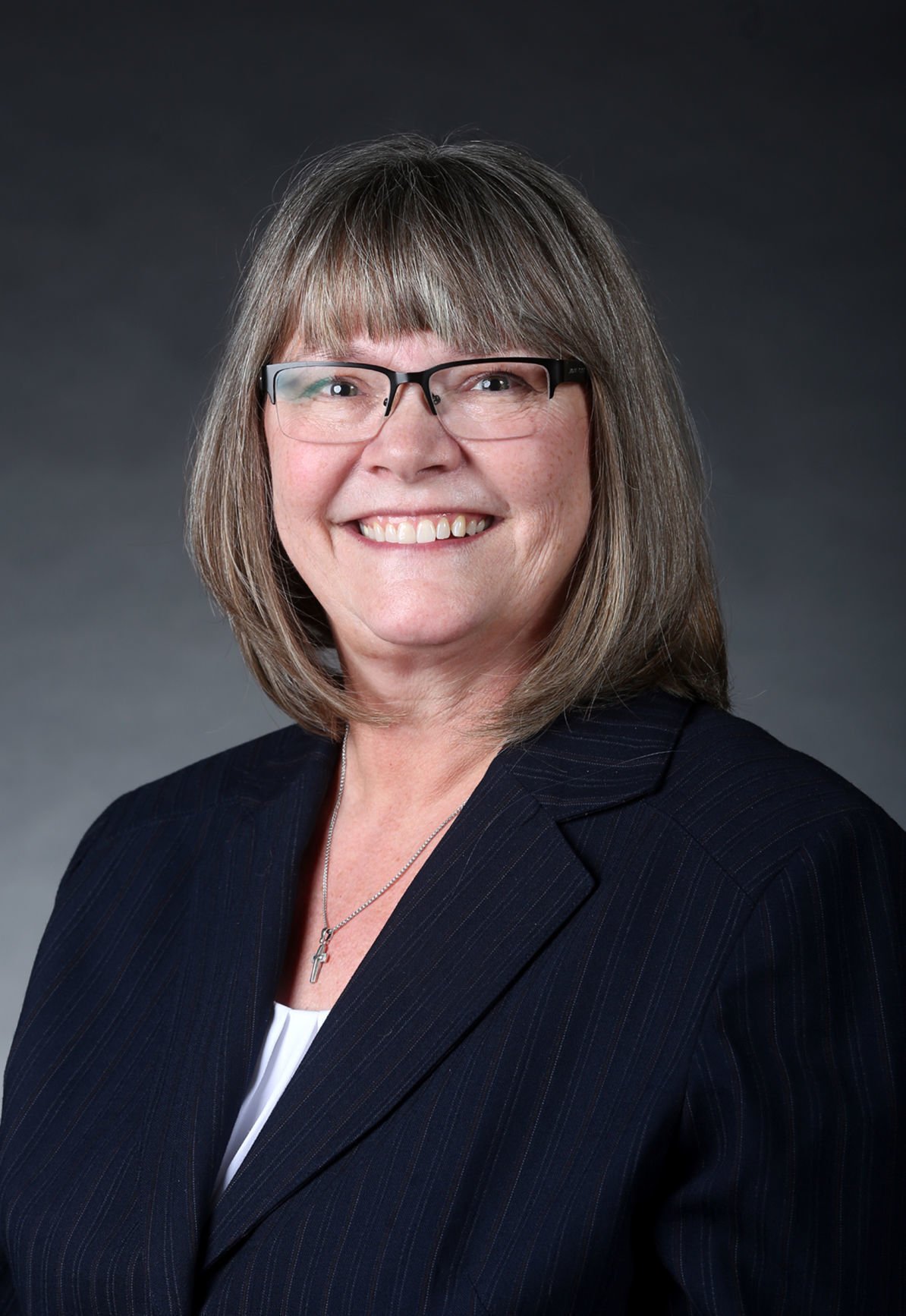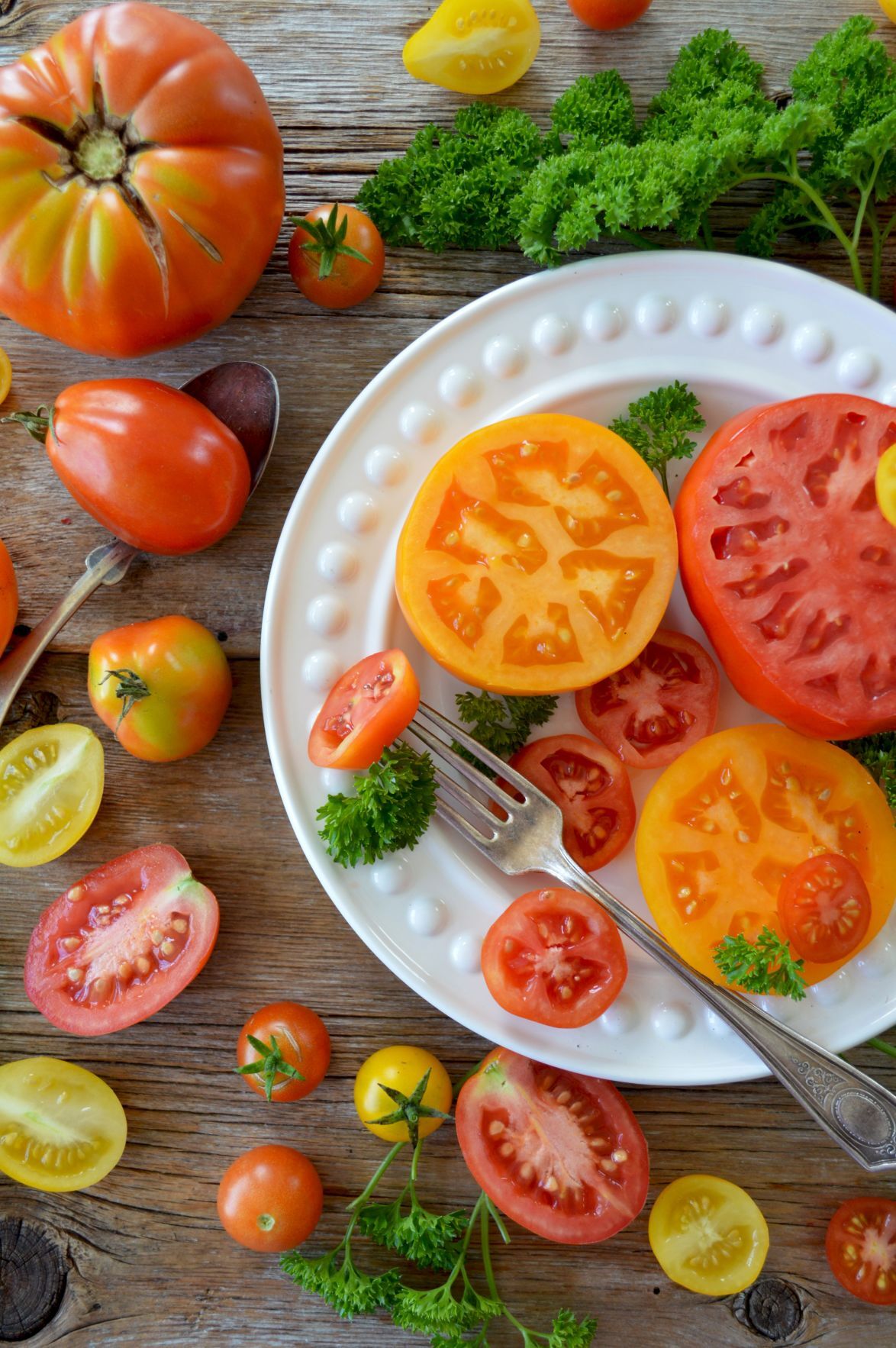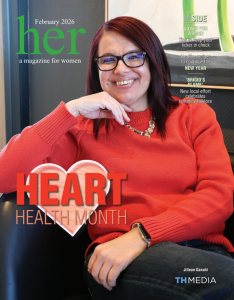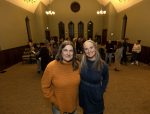Do you remember when your friends and family sliced up a watermelon on a summer day? Do you remember shucking sweet corn with your brothers and sisters on the front porch? Or how about grilling hamburgers and hot dogs outside? Did you pick strawberries, gooseberries or blueberries on a Saturday morning? Did you ever pick apples right from the orchard? Then, there is the memory of making homemade ice cream. Who could top that?
What we did back then is returning and taking the world by storm today. Have you heard of the slow food movement? It’s a global initiative focused on encouraging people to stop eating fast food, and instead, take the time to prepare and eat whole, locally sourced foods. The focus is not only on nutrition, but also on preserving culture and heritage as it relates to food.
We are going back in time, it seems. Our families are going to farmers markets, or we are growing our food. We are seeking wholesome and simple foods. The idea is to eat foods that are not only nutritious for our bodies, but also allow us to slow down and enjoy our meals.
In addition to enjoying wholesome foods, we also can turn our meals into an event. It is fun to pull our friends and family together to make a meal together and enjoy each other’s company. That is an important component of the slow food movement. We are able to slow things down to enjoy a meal together and connect with one another, while simultaneously eating food that is good for us.
Finally, this slow food movement strives to preserve traditional and regional cuisine. It allows us to enjoy food and amplify our culture and our traditional heritage.
If you haven’t looked into the slow food movement, check it out. There are lots of ideas about how to get started. I encourage you to Google, “slow food movement,” and start exploring this new/old trend. It has so many benefits. Plus, it sounds fun and puts connection back into our meals. It also offers connection with our culture, our family, our food and our environment.
I will leave you with this quote from Alice Waters: ”Because only slow food can teach us the things that really matter — care, beauty, concentration, discernment, sensuality, all the best that humans are capable of, but only if we take the time to think about what we’re eating.”
Laura Nissen is an Alzheimer’s Association volunteer who advocates for those with memory disorders. She works with families to help them learn the skills of caregiving. She also serves as a community educator, caregiver support group leader and Memory Café leader for the Alzheimer’s Association.

